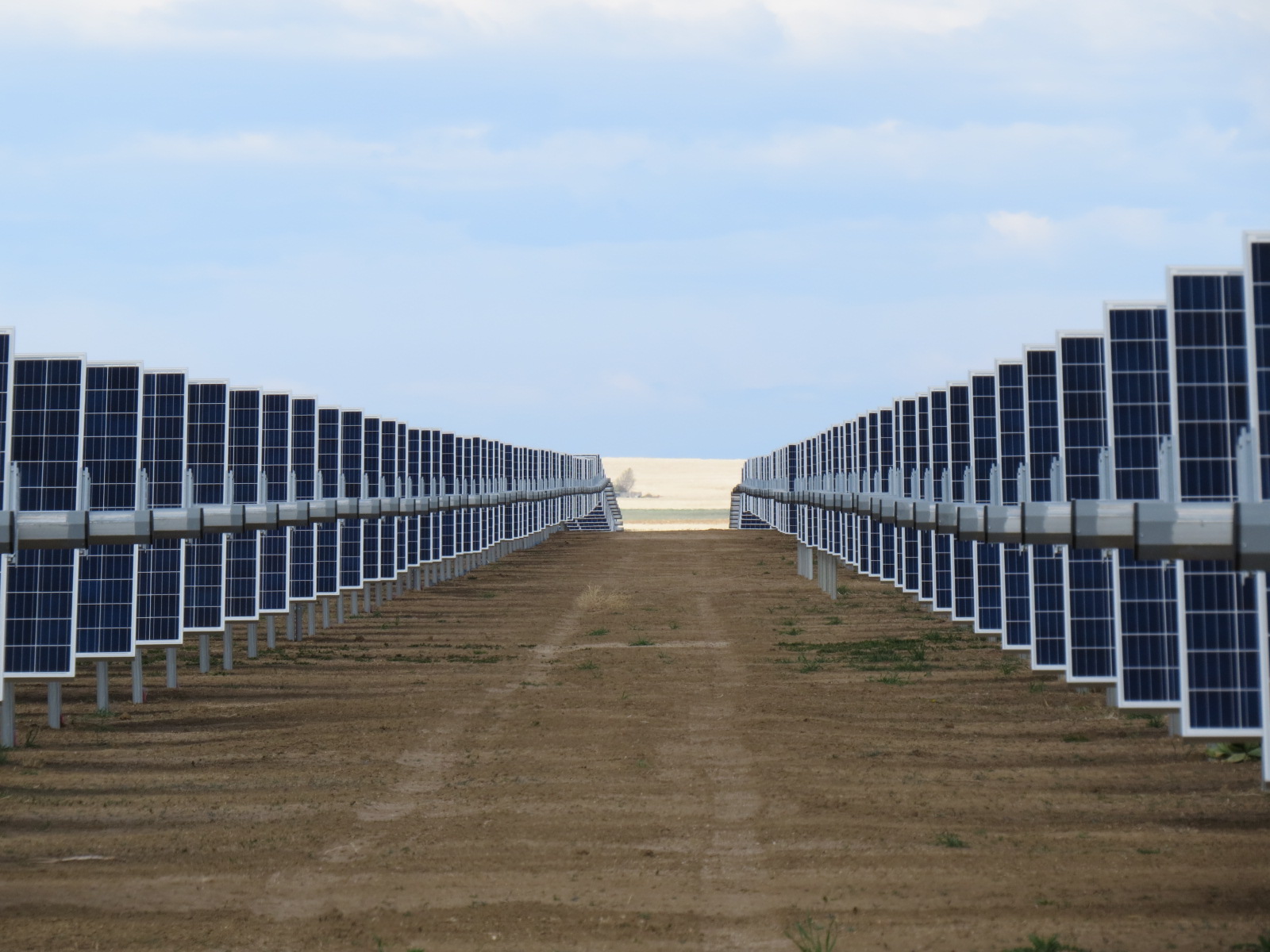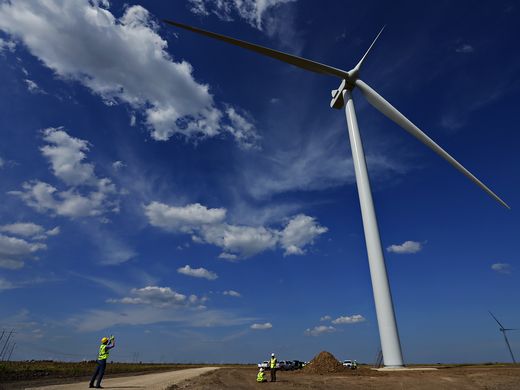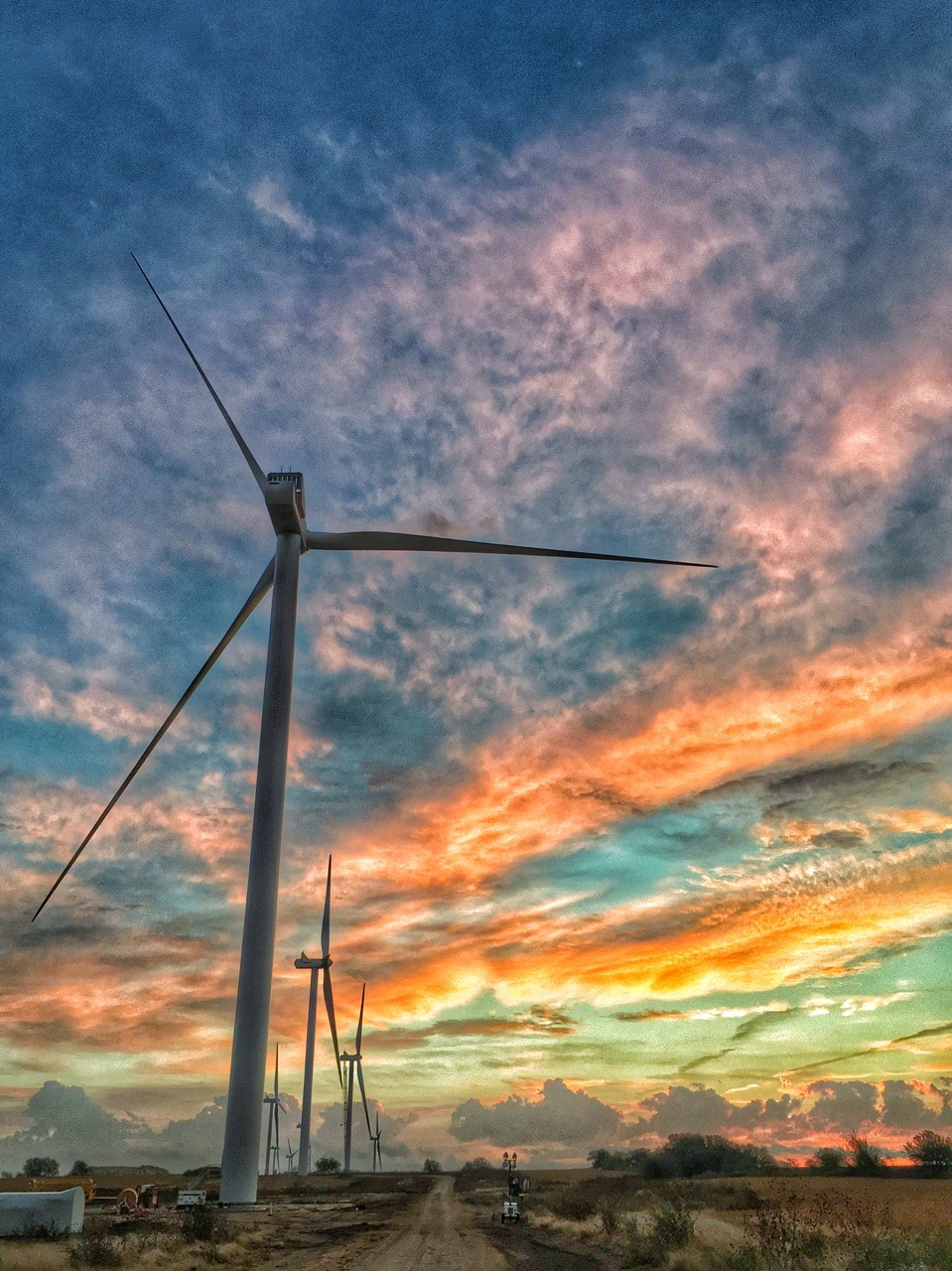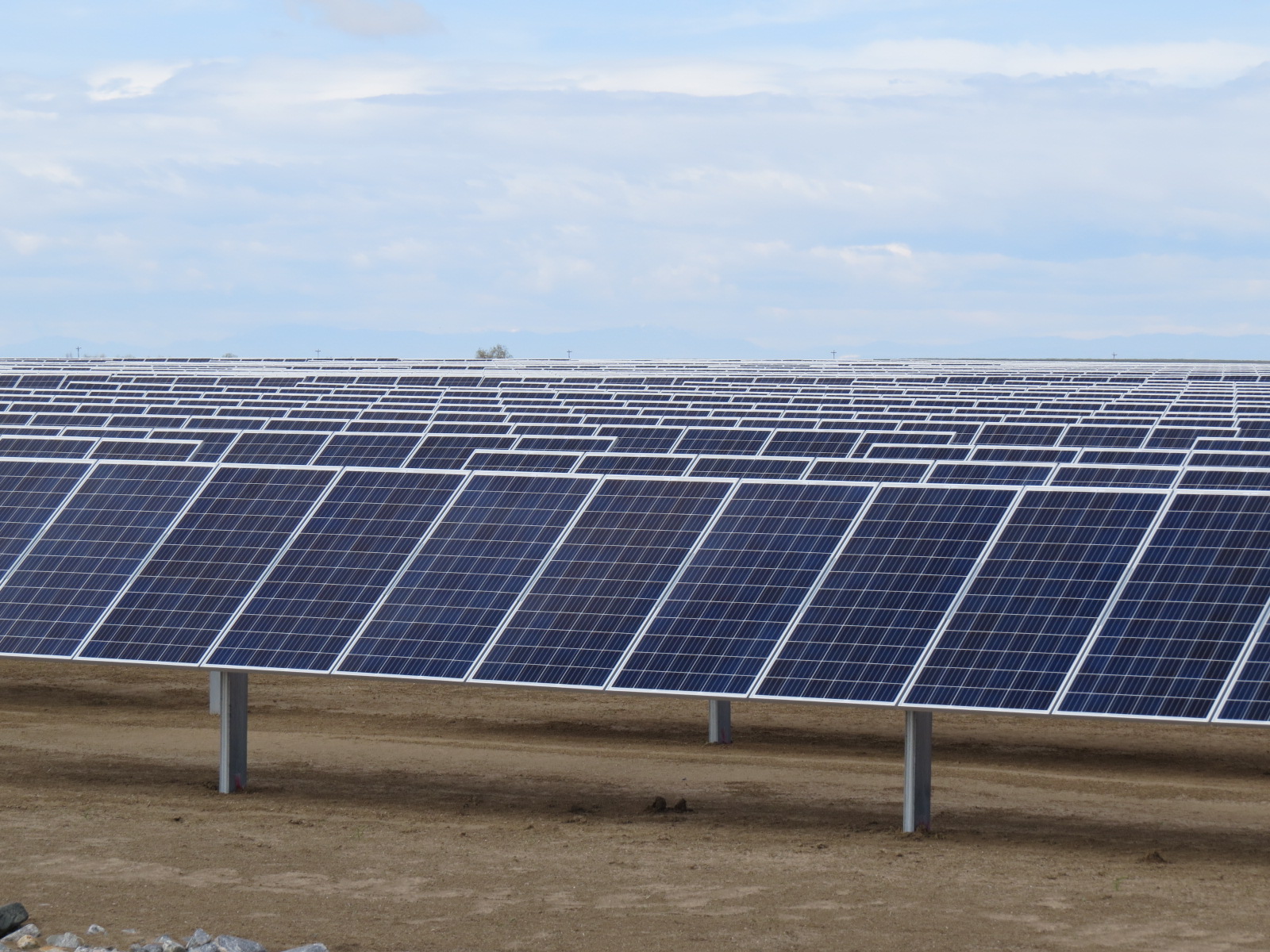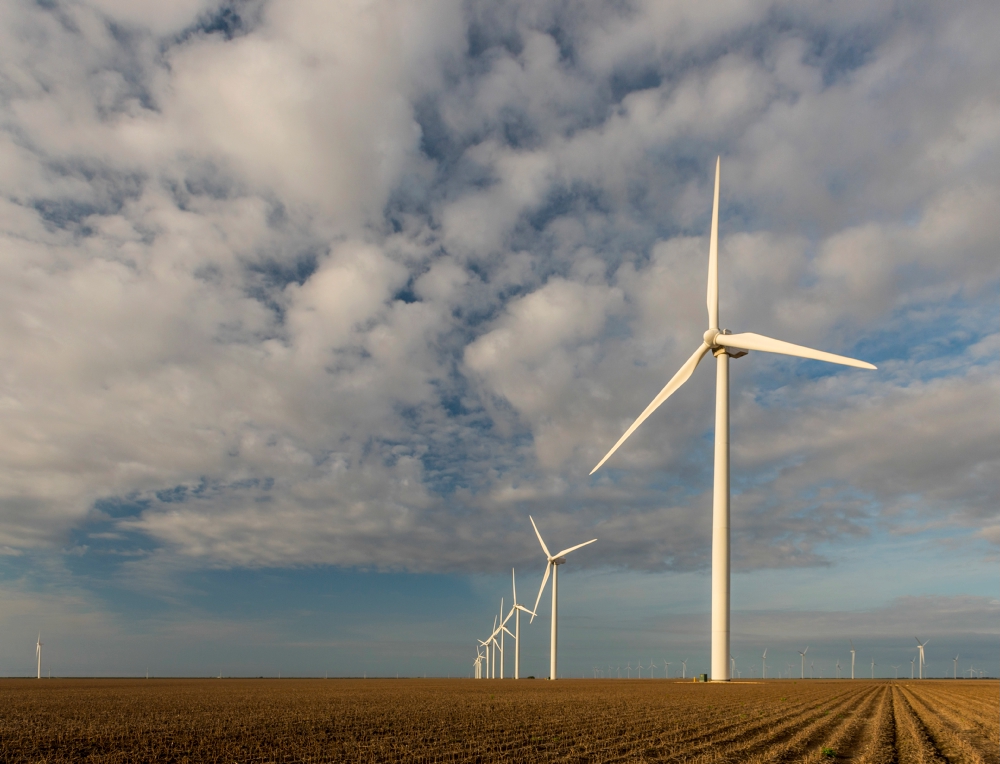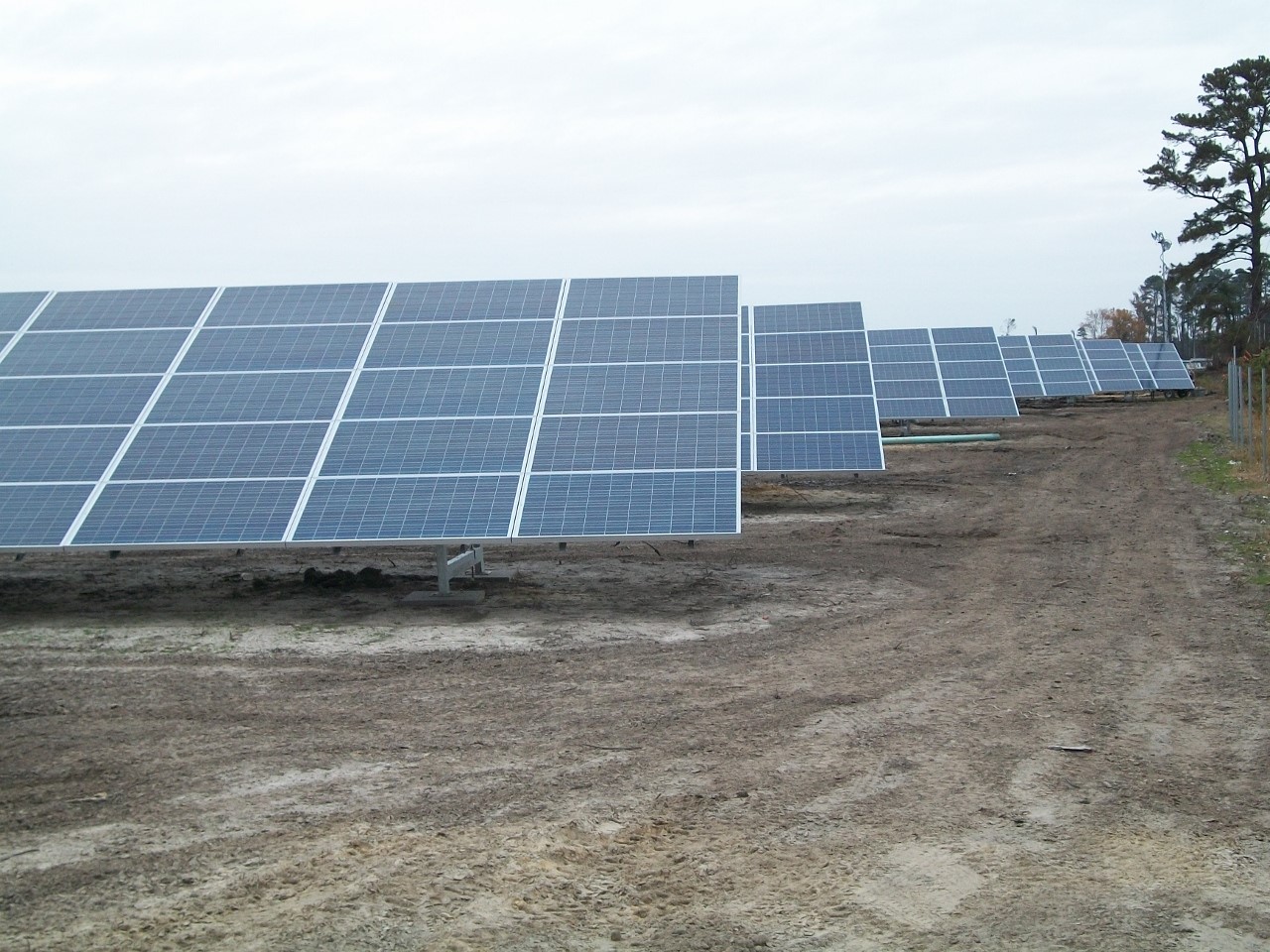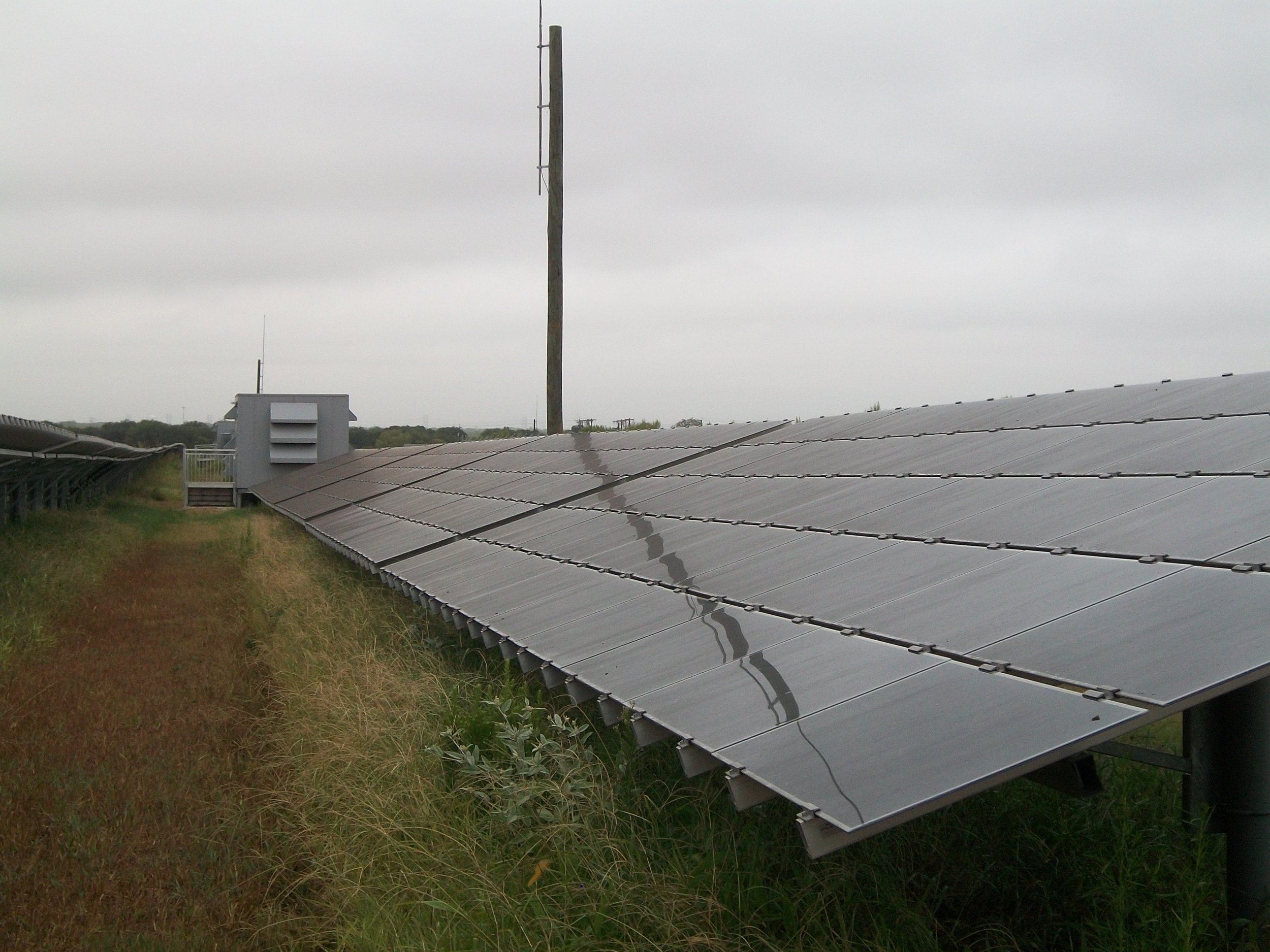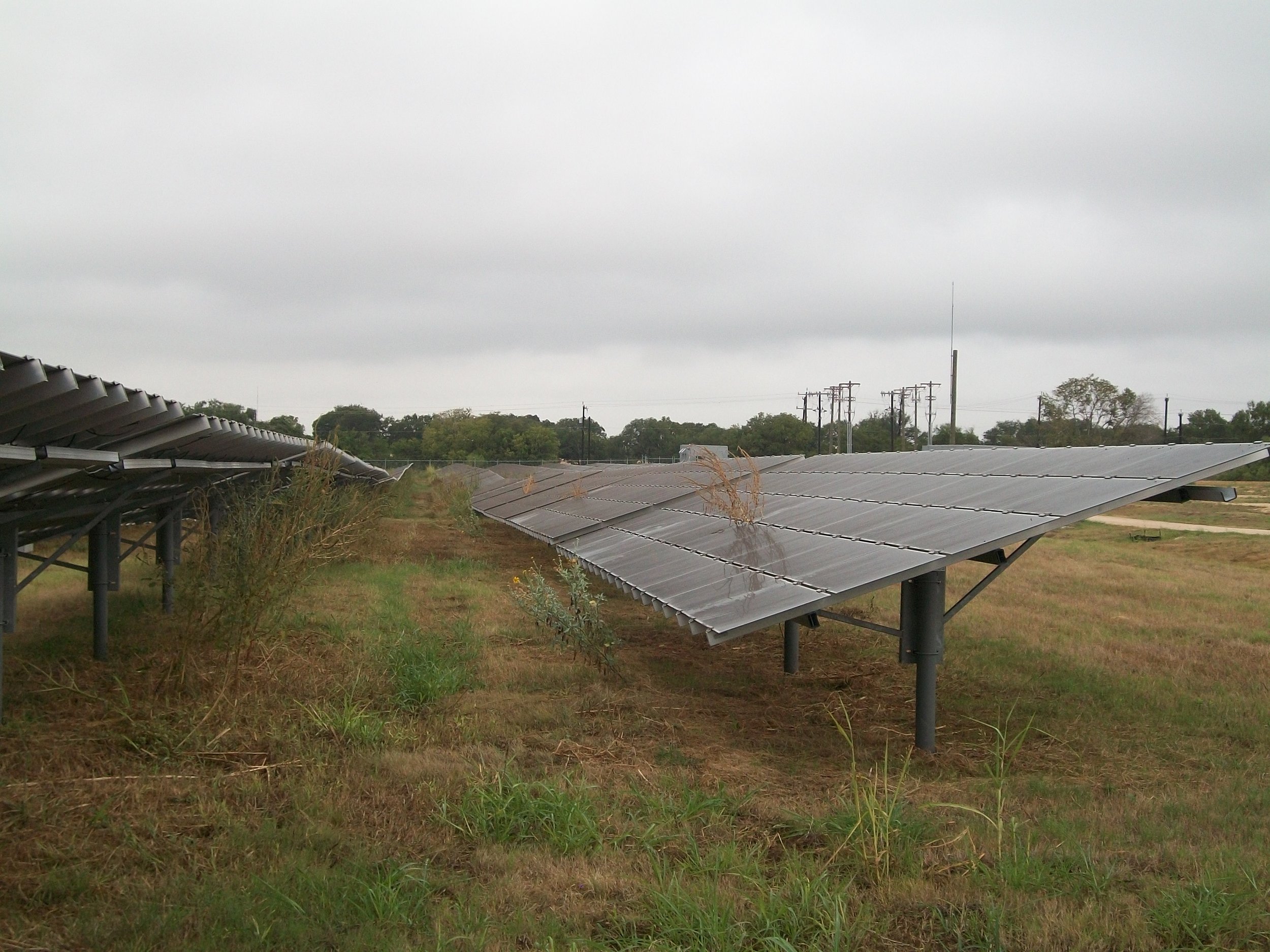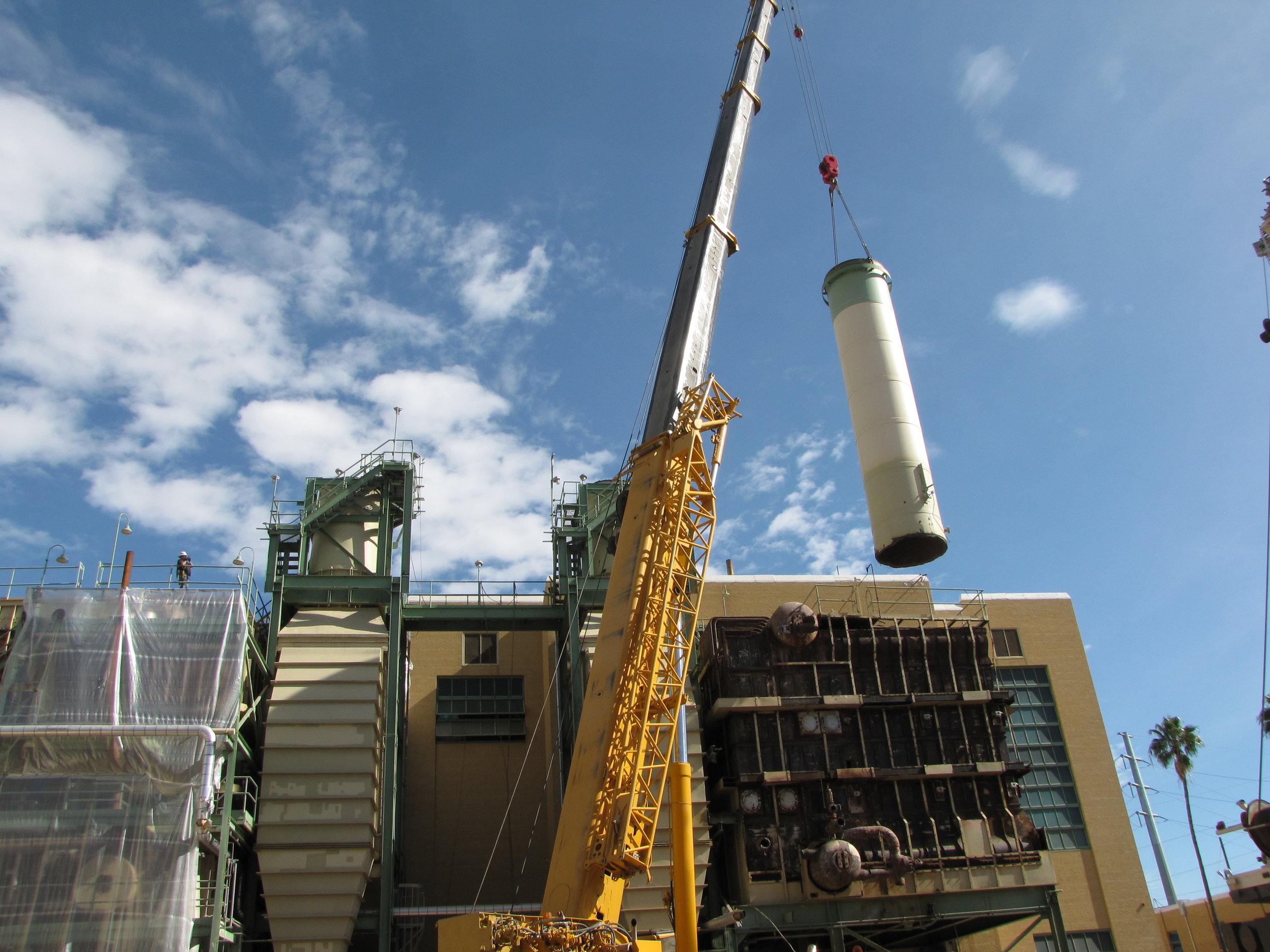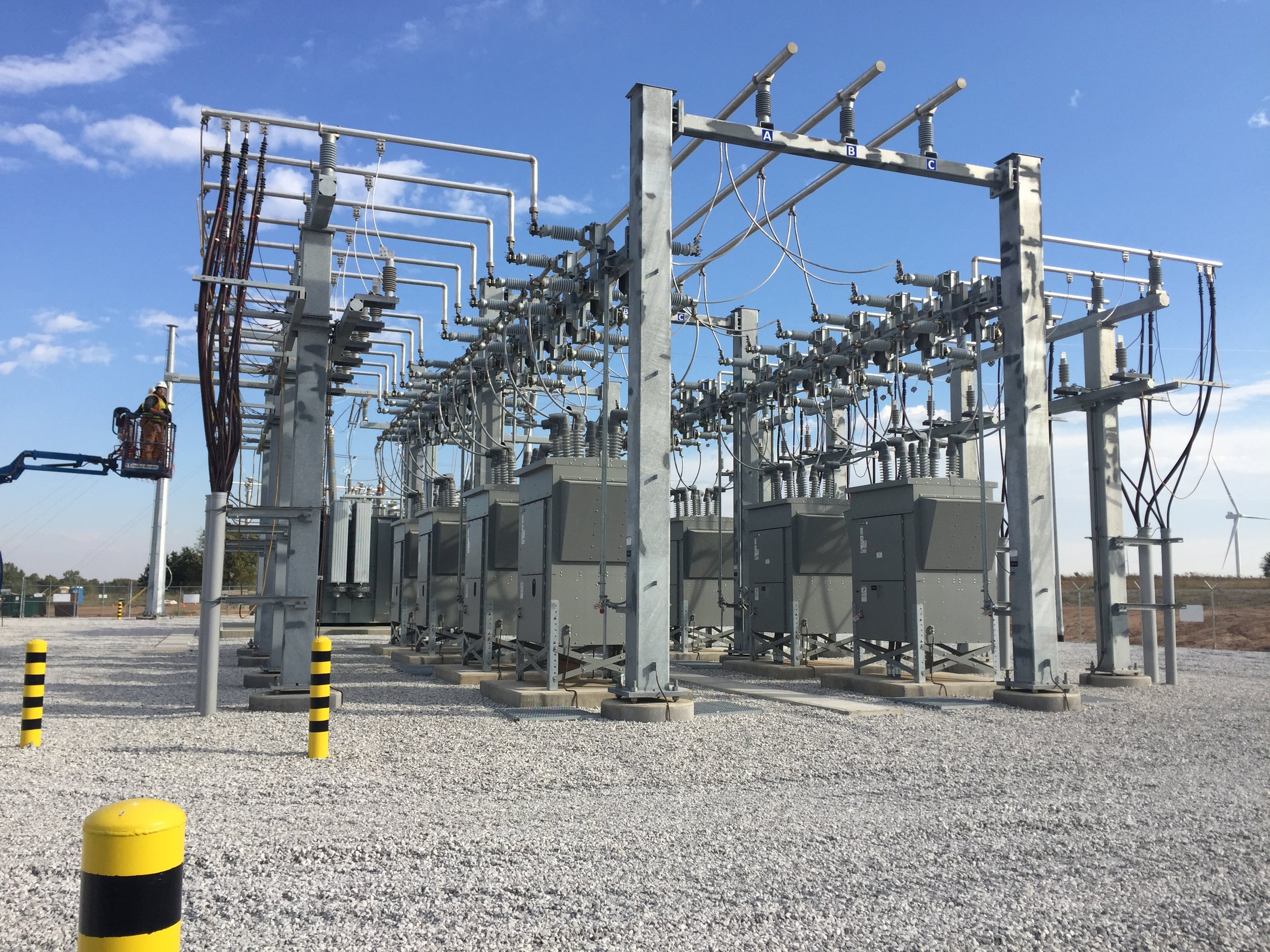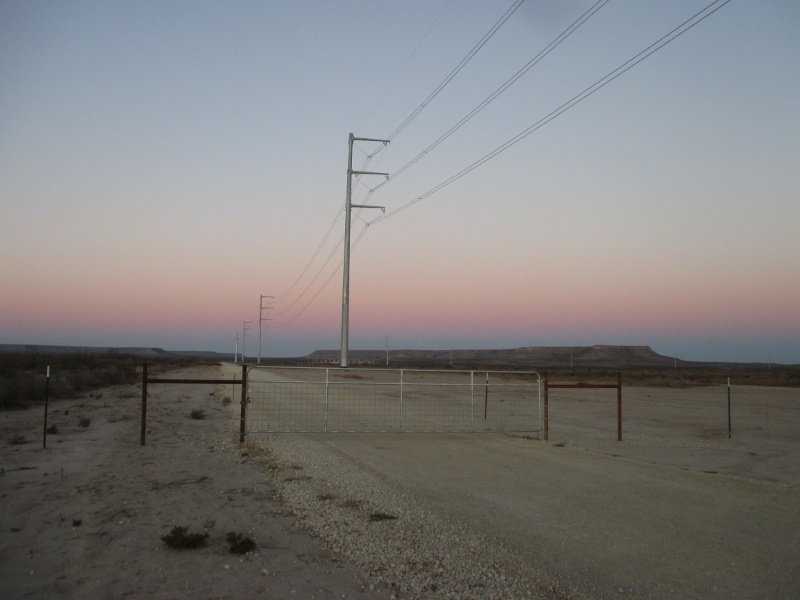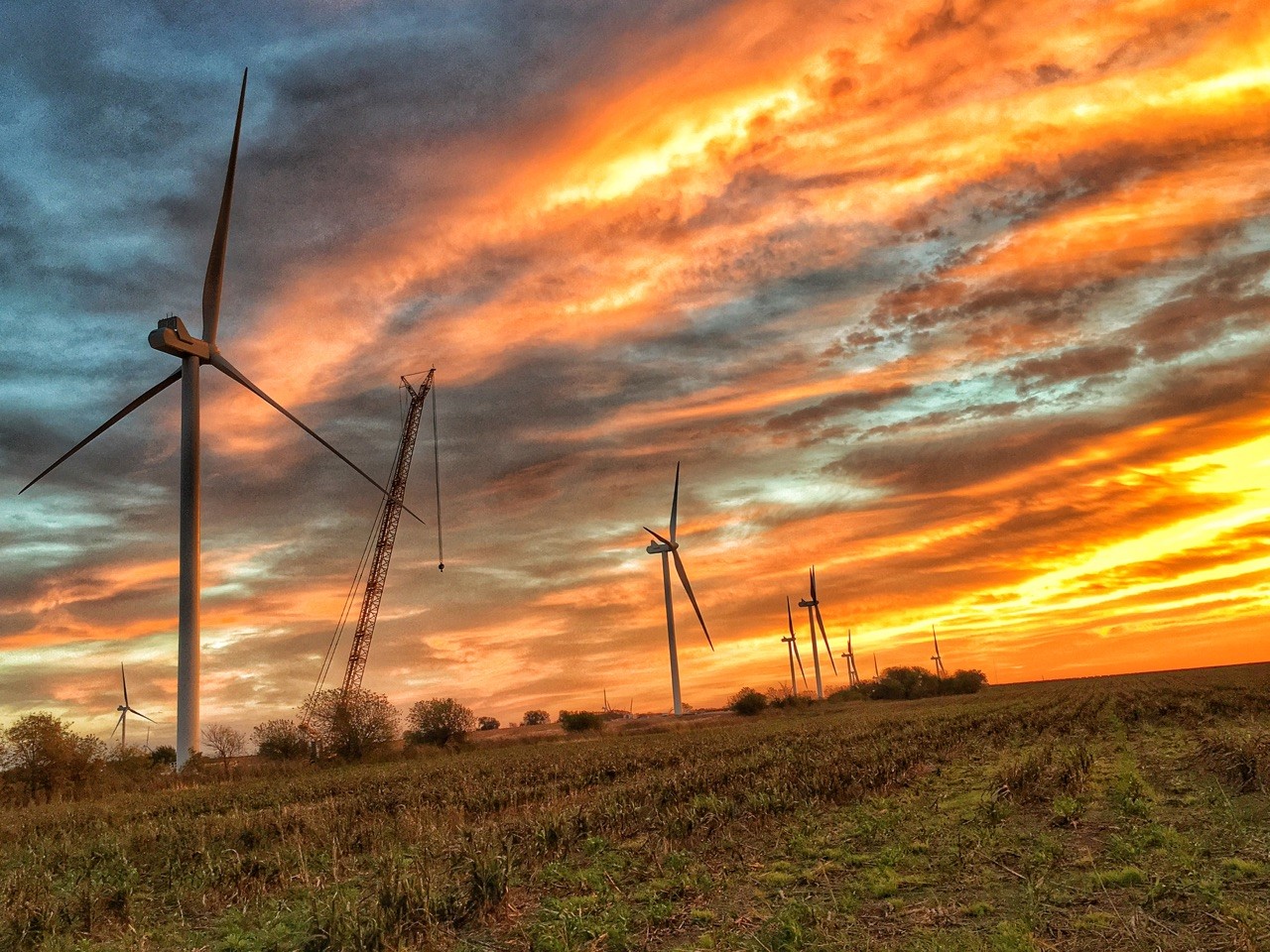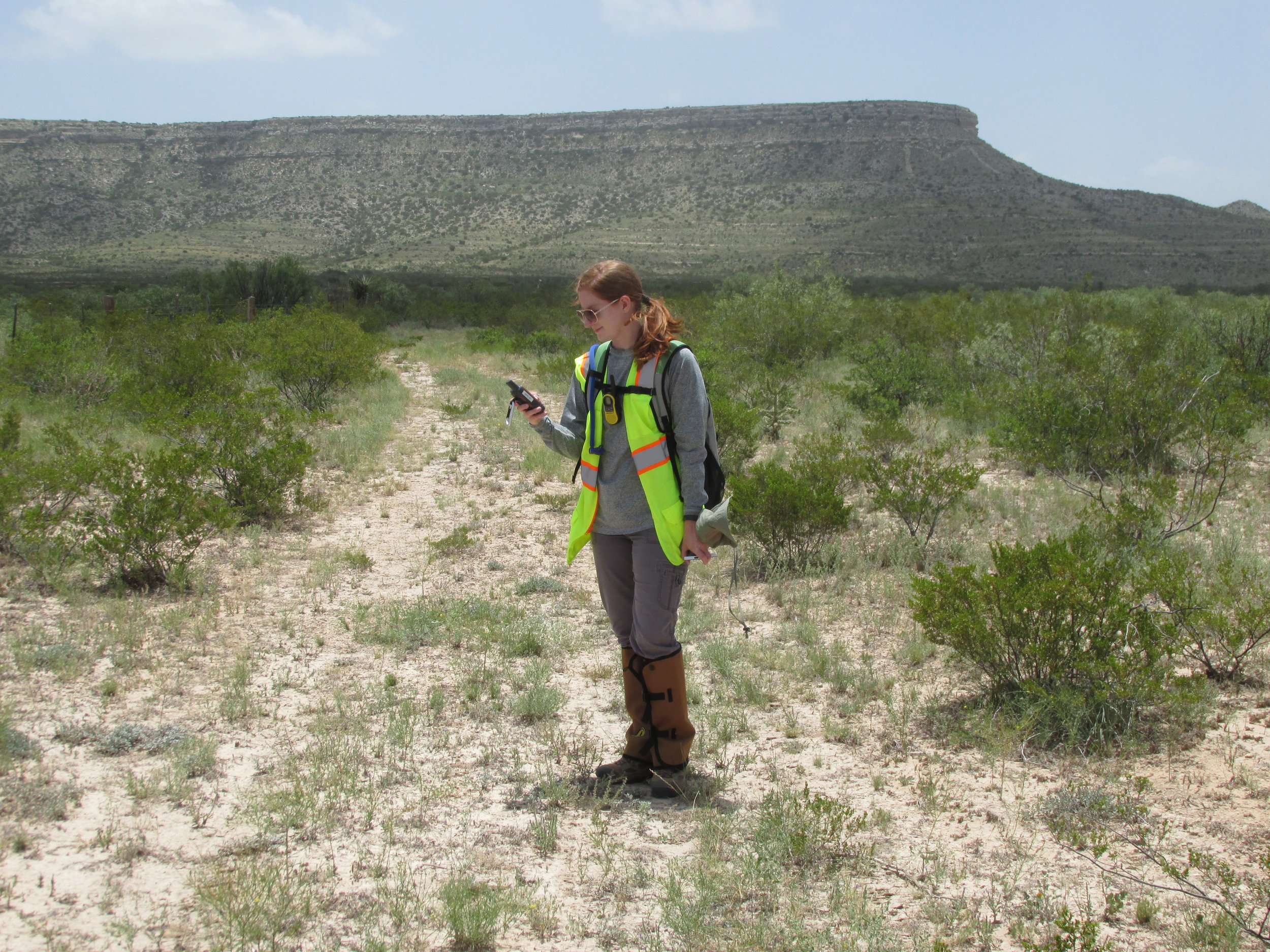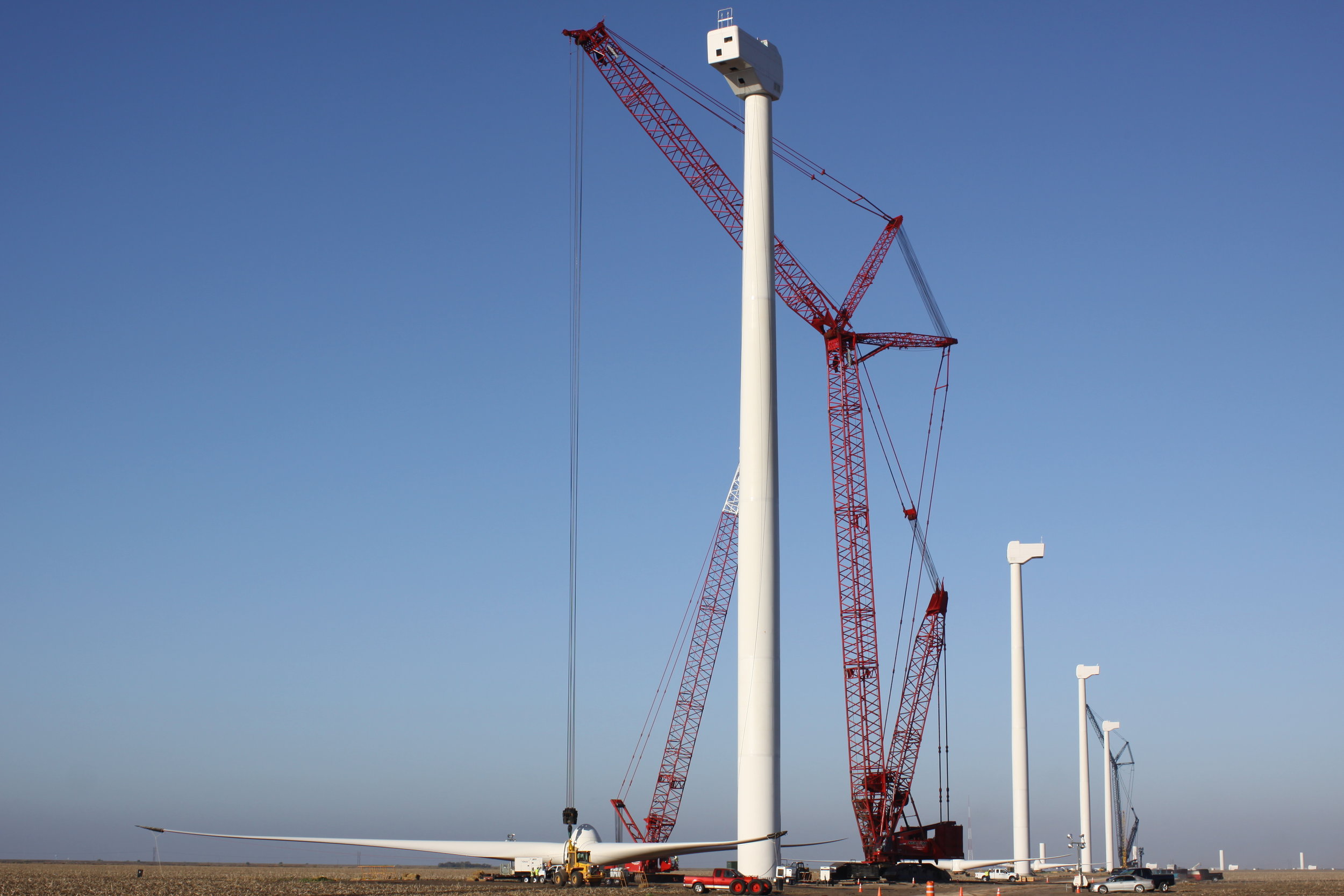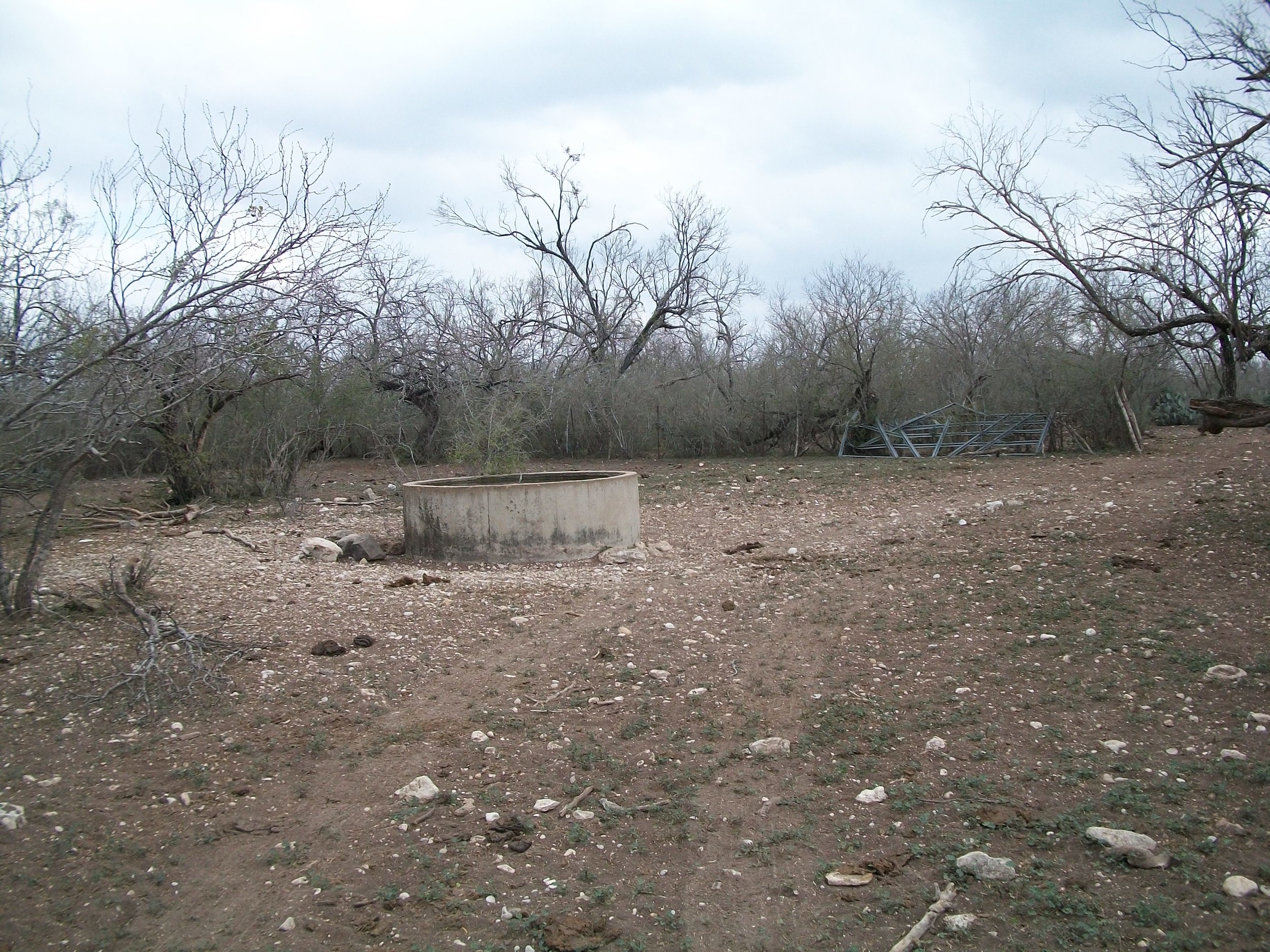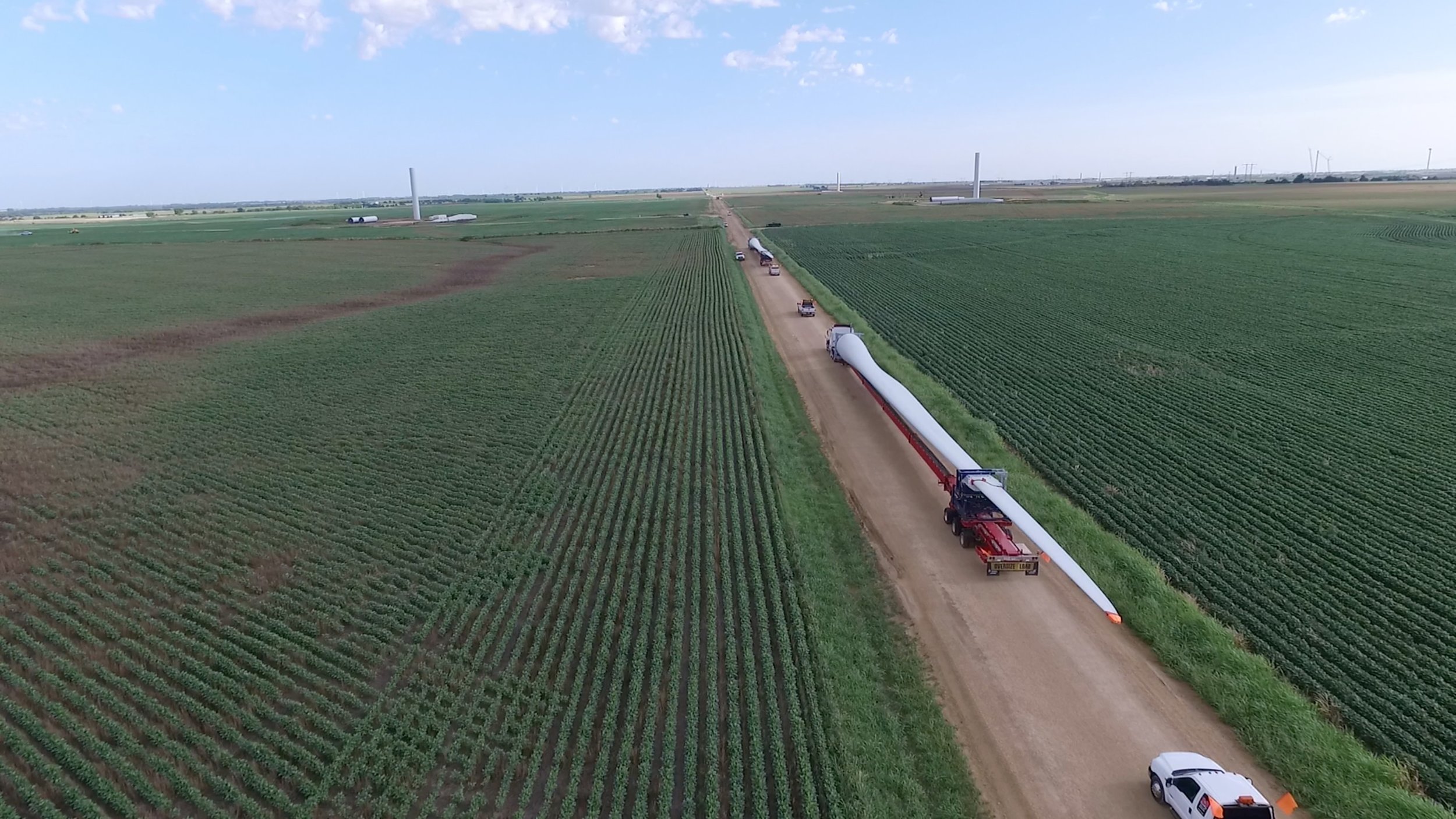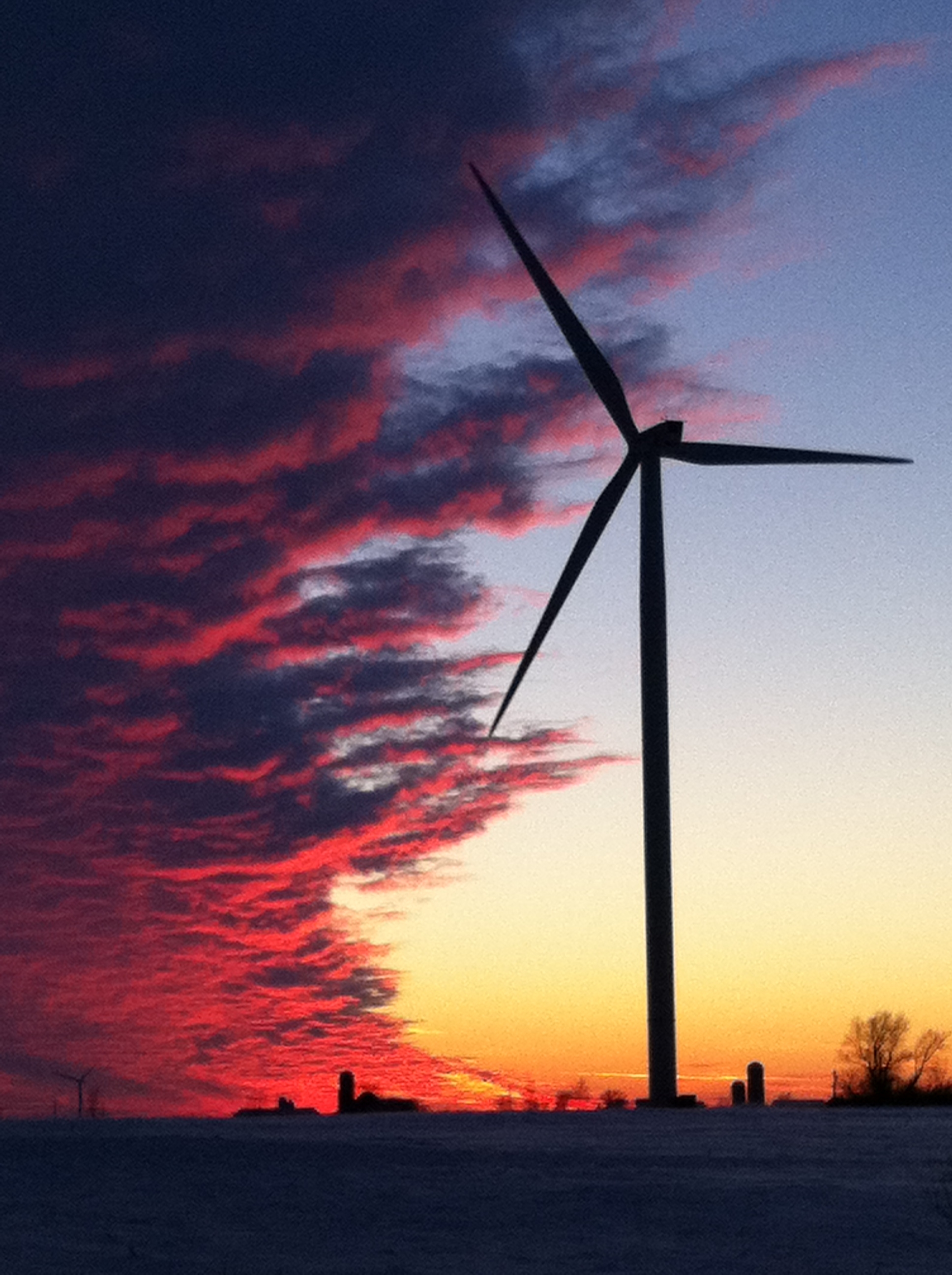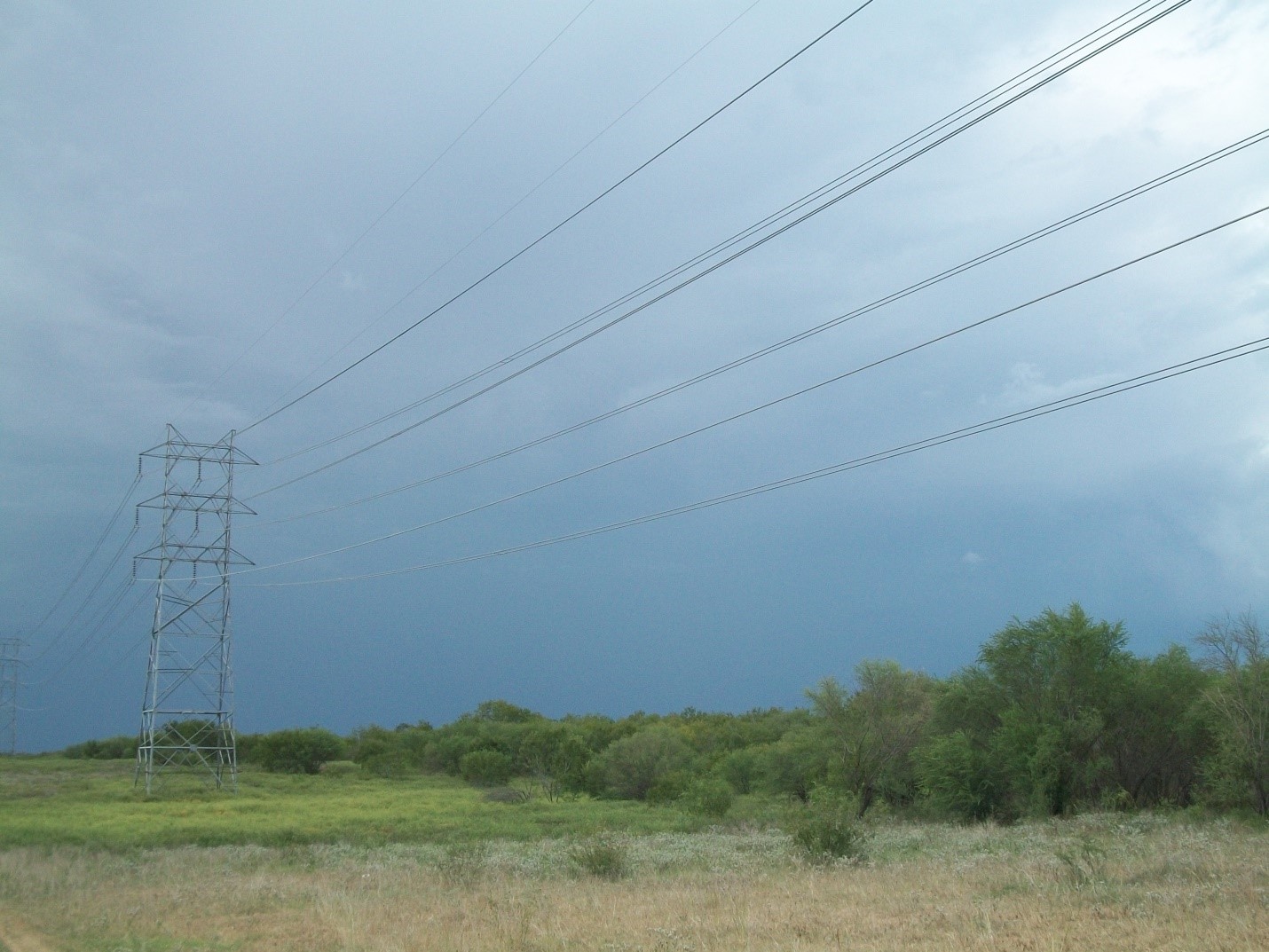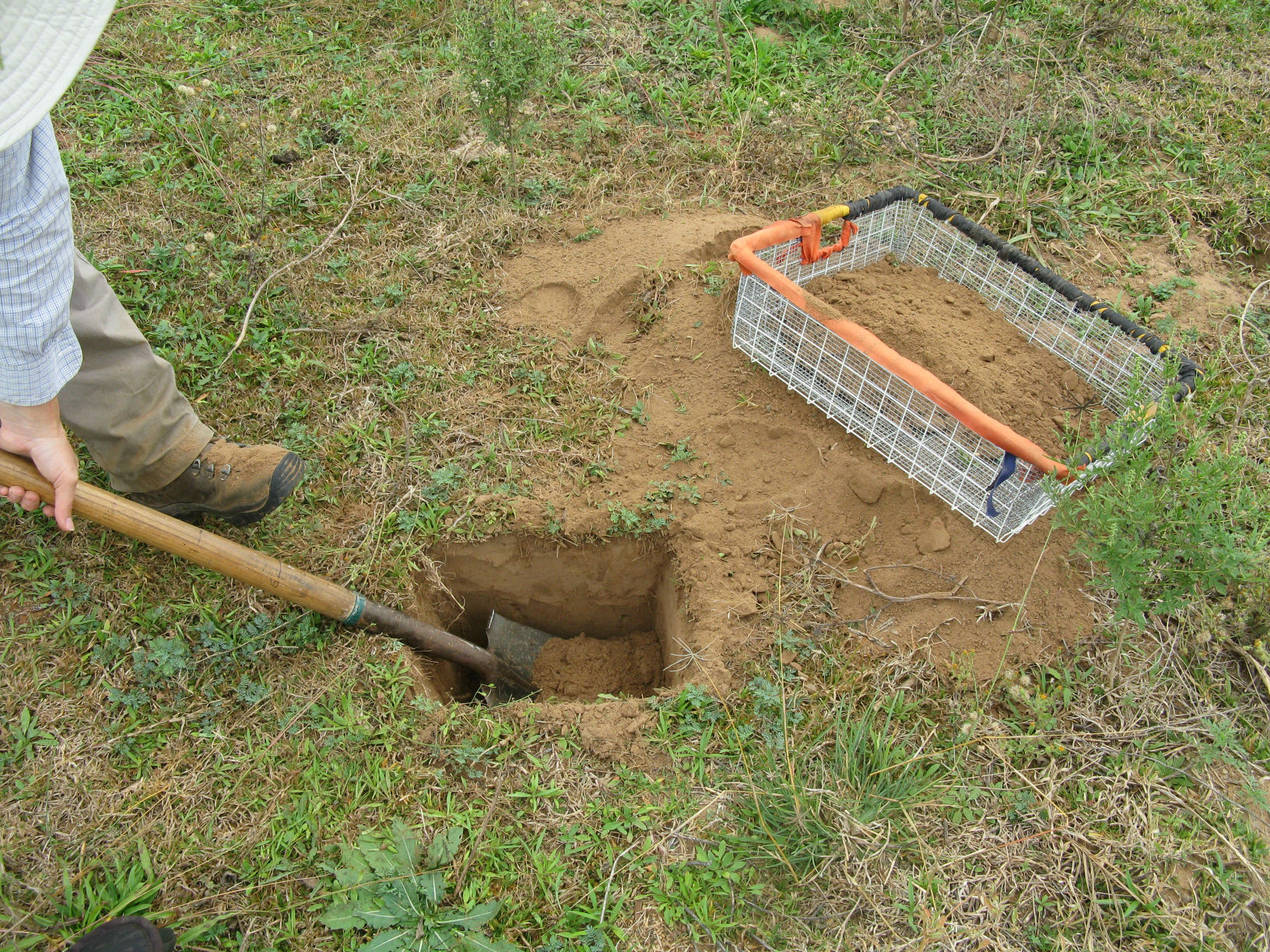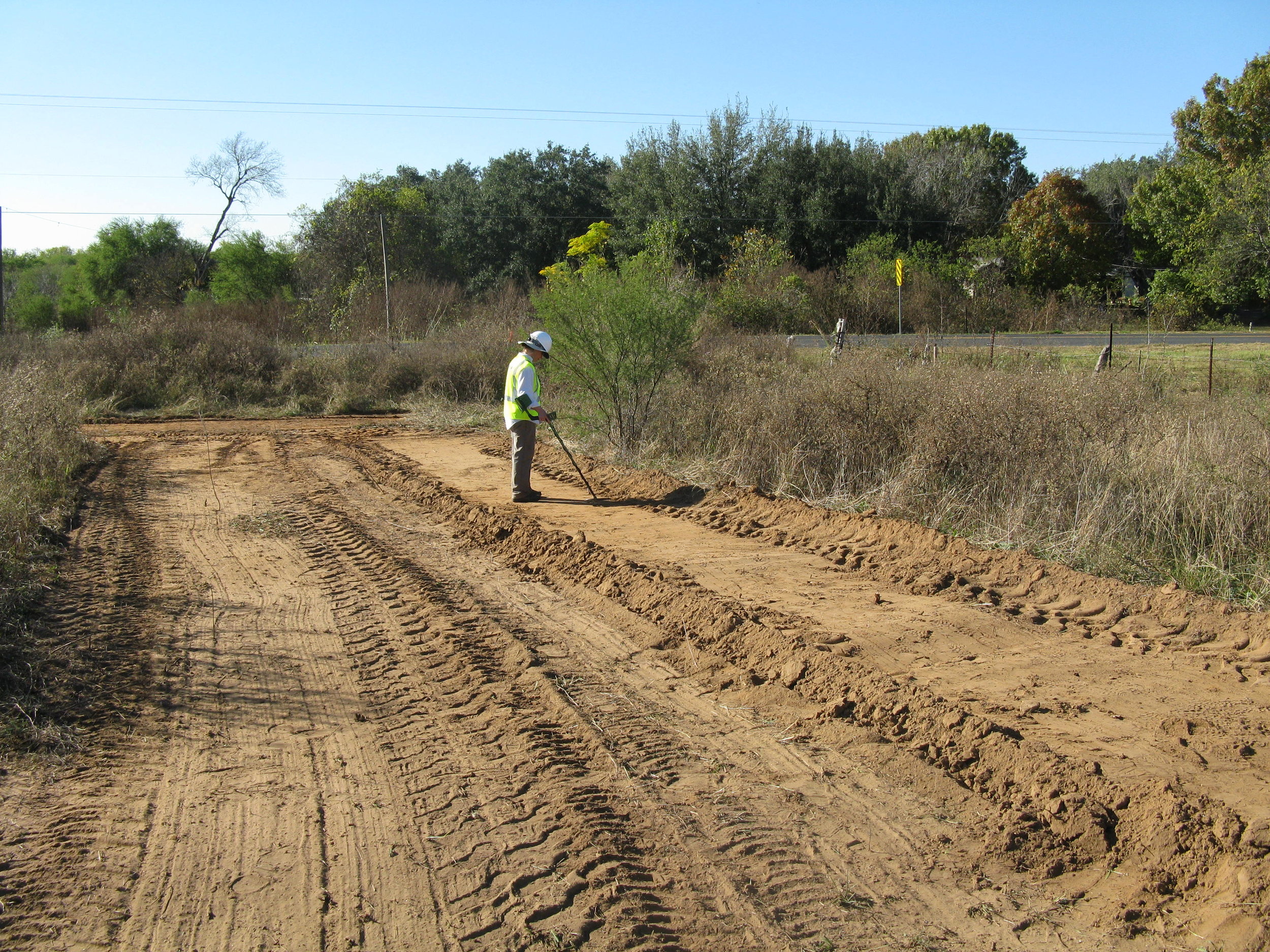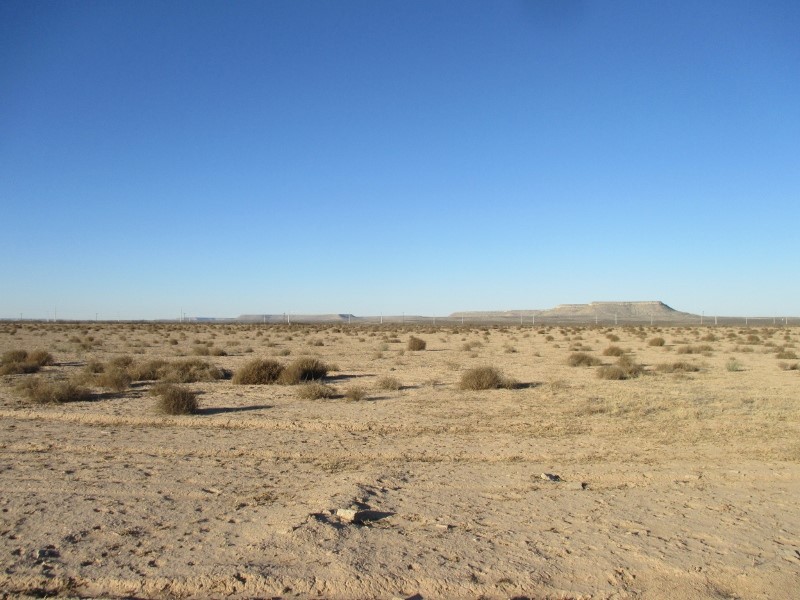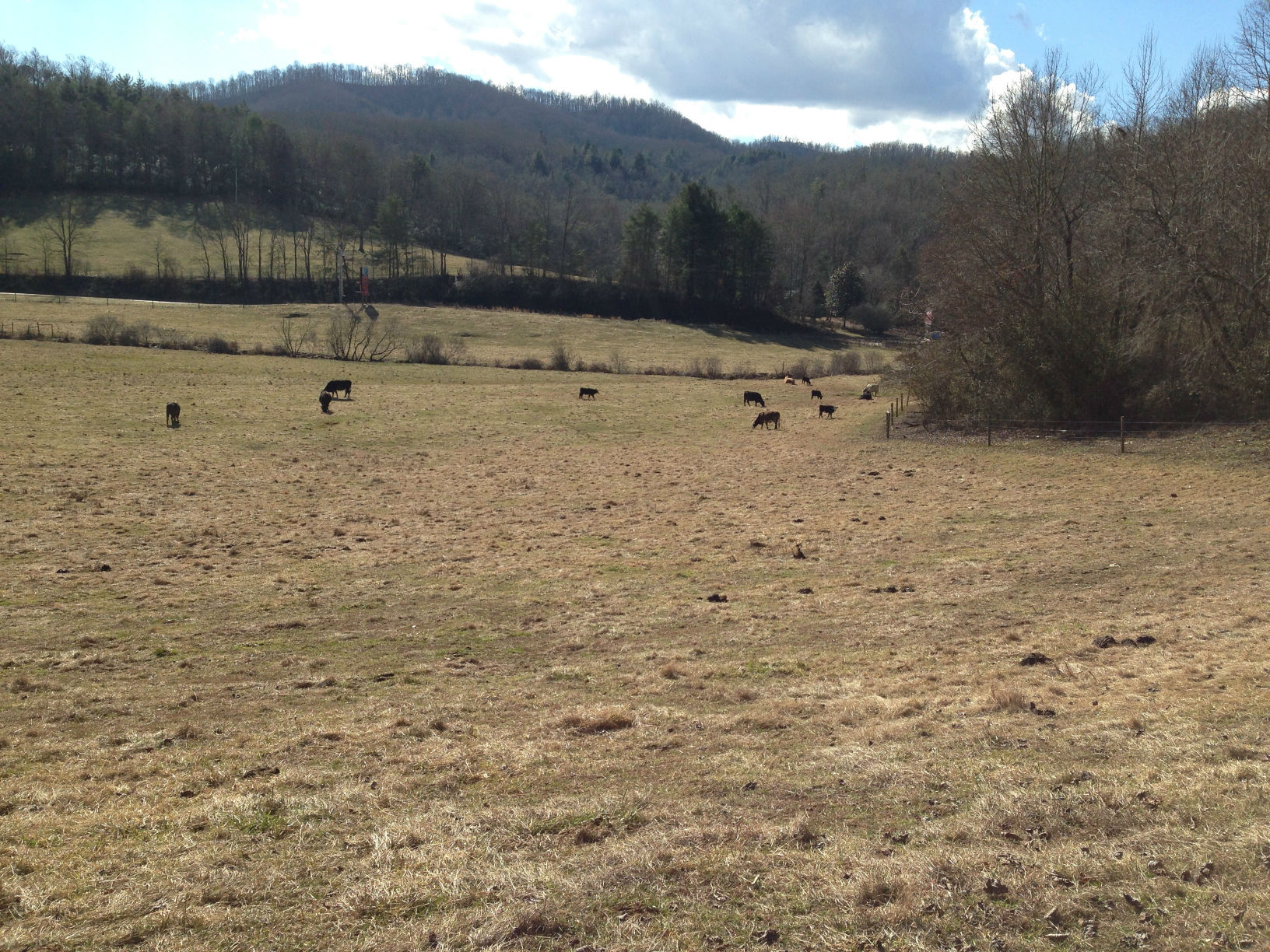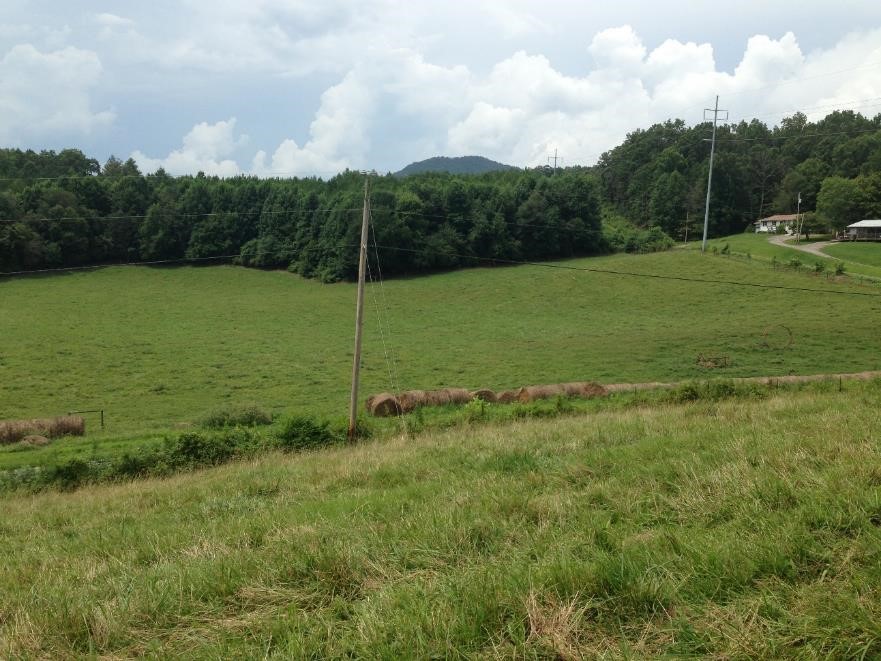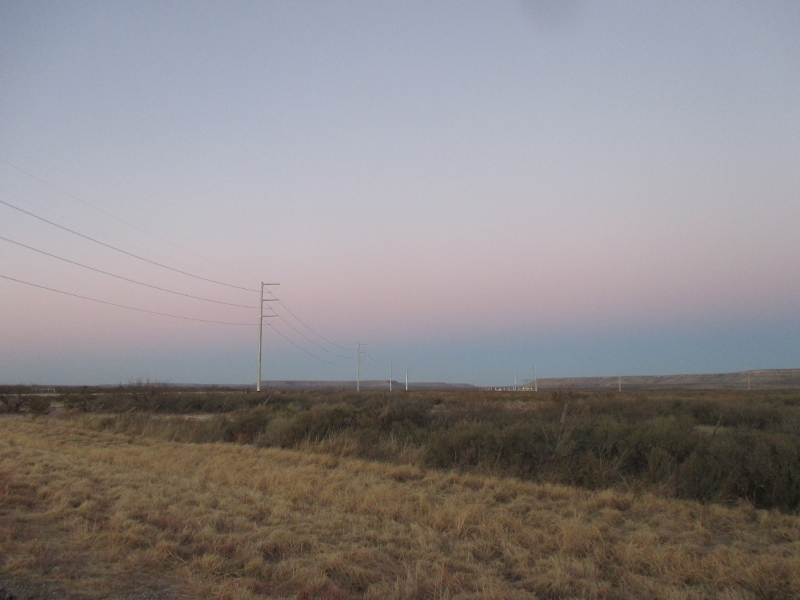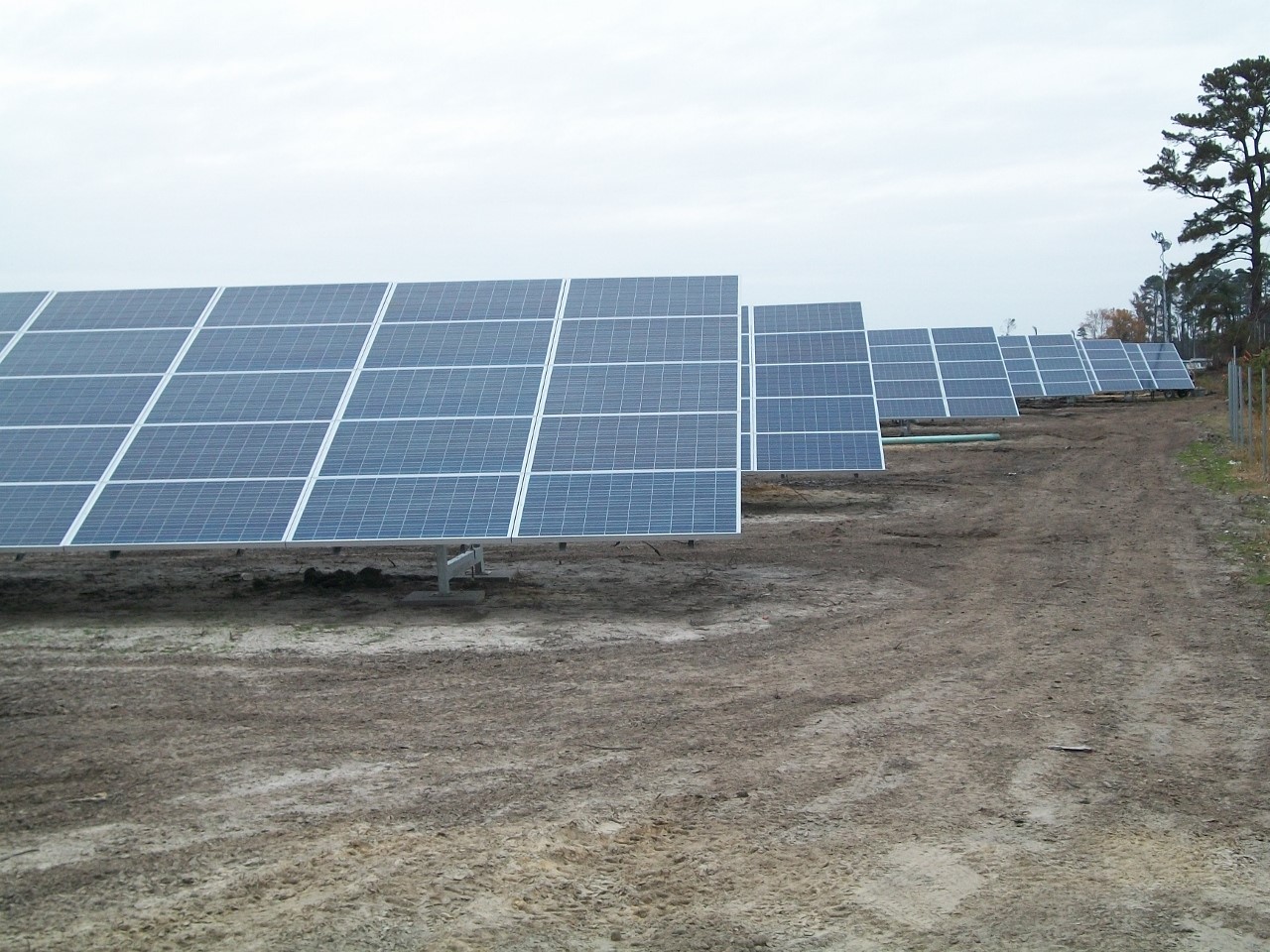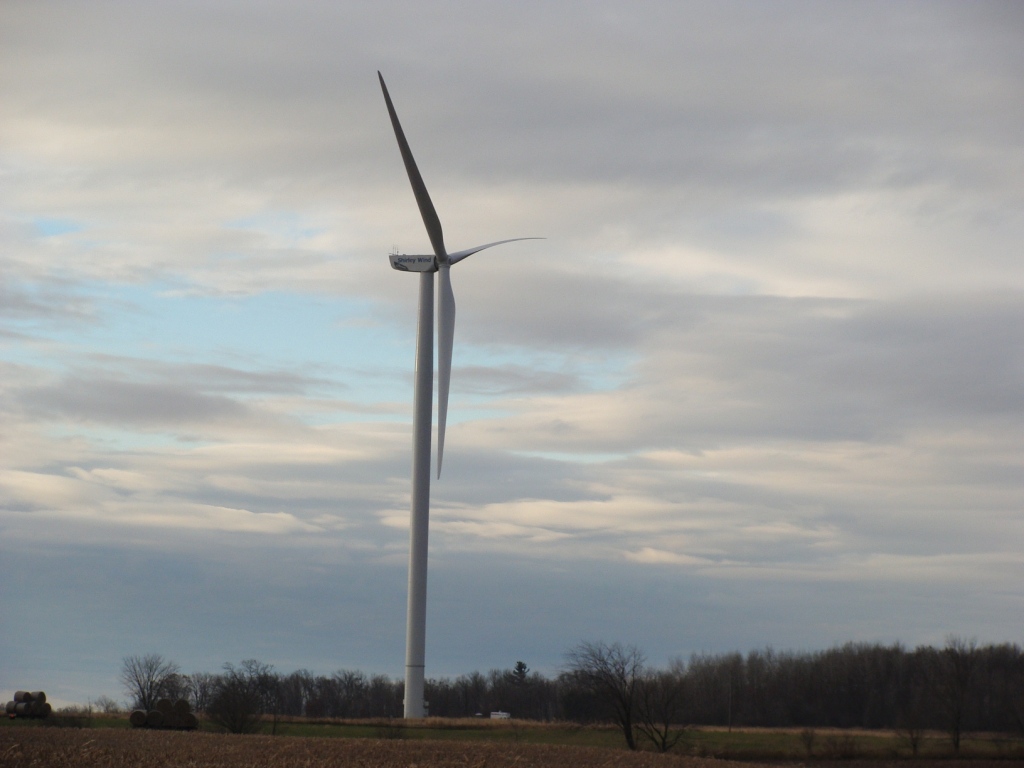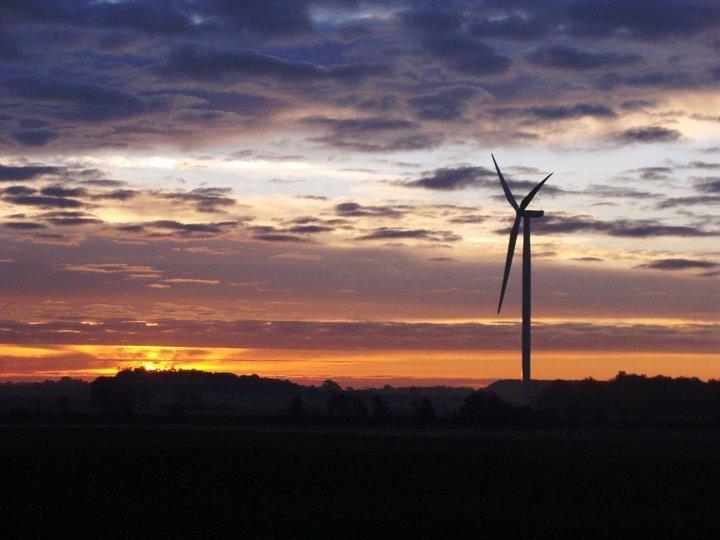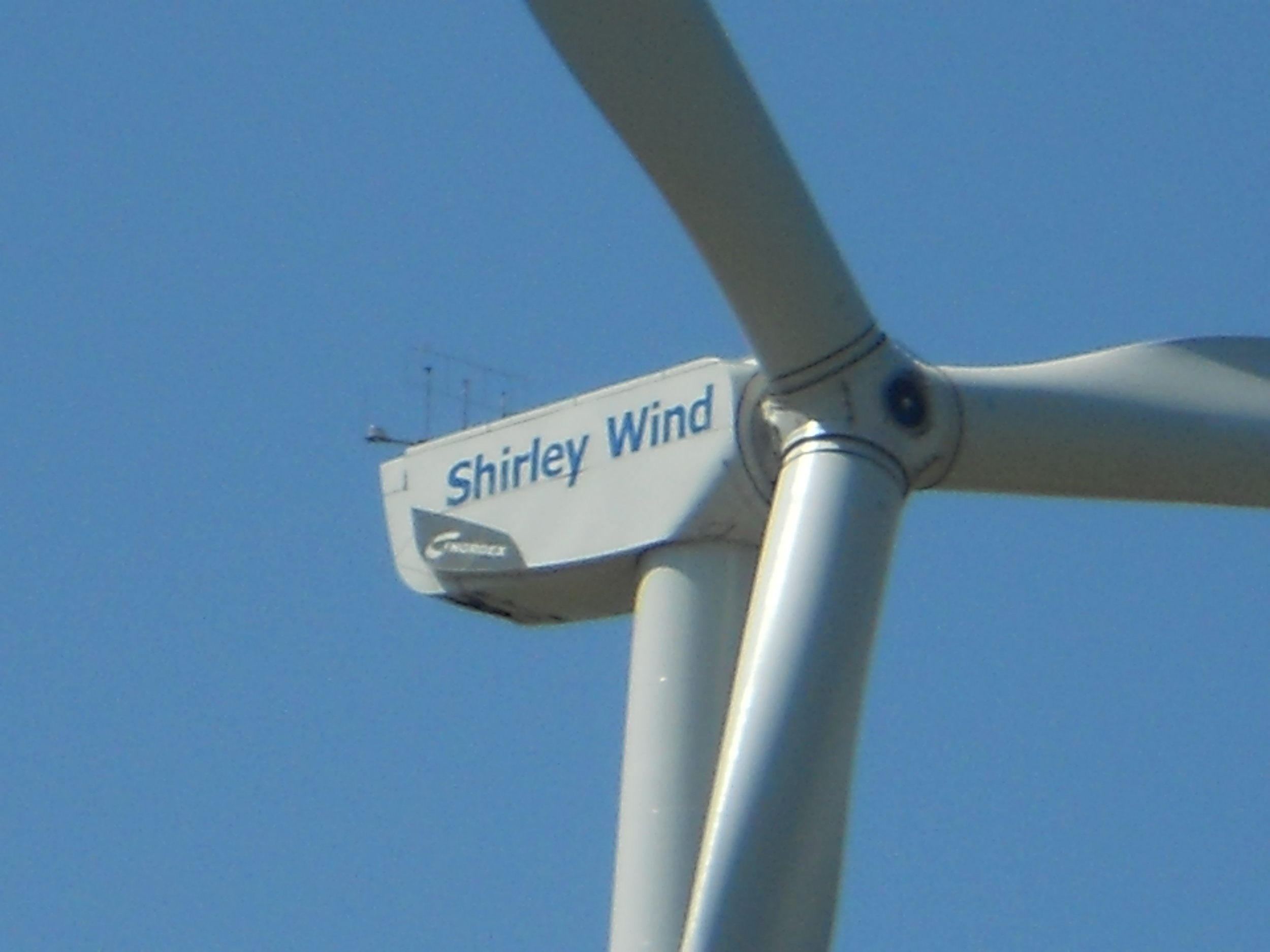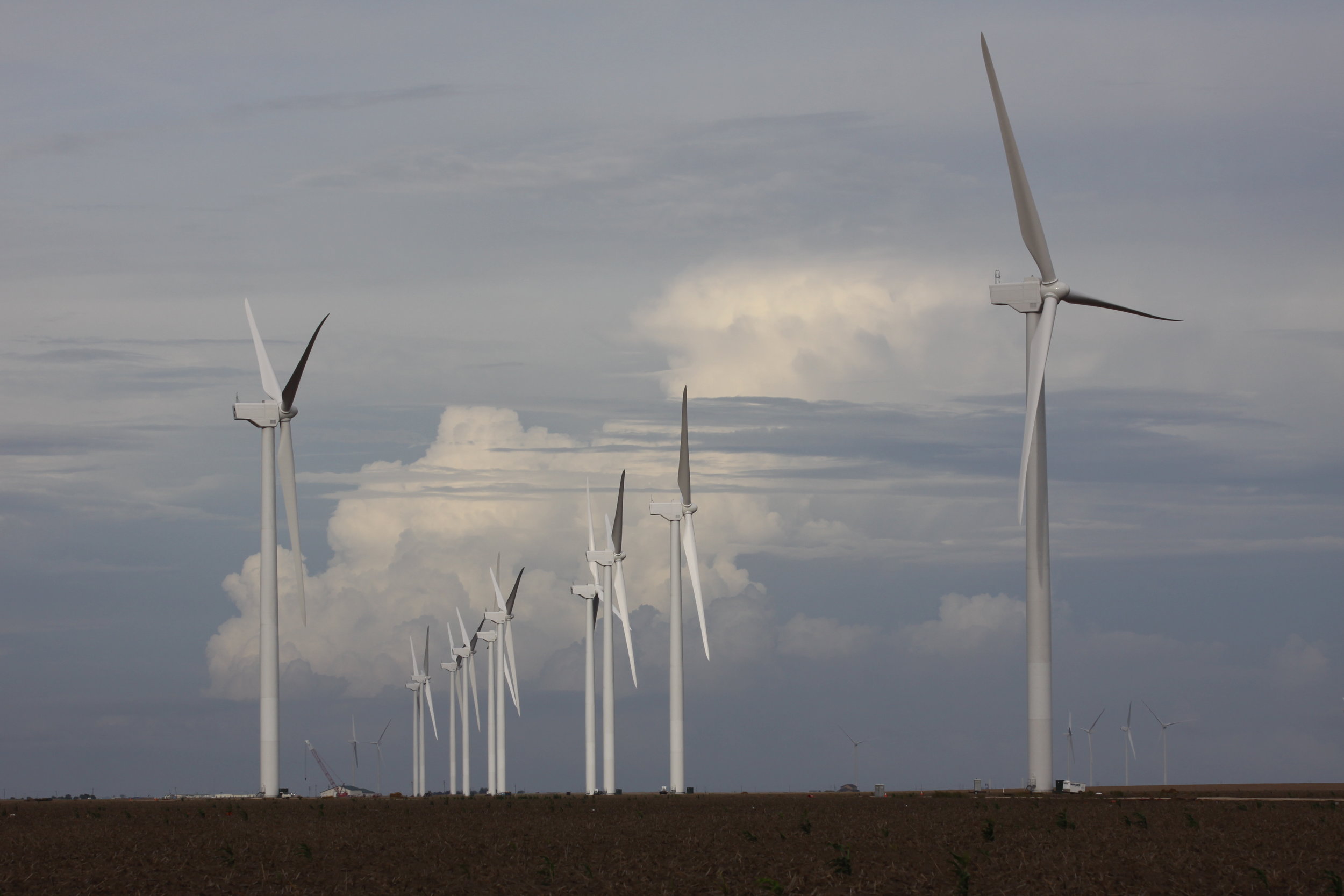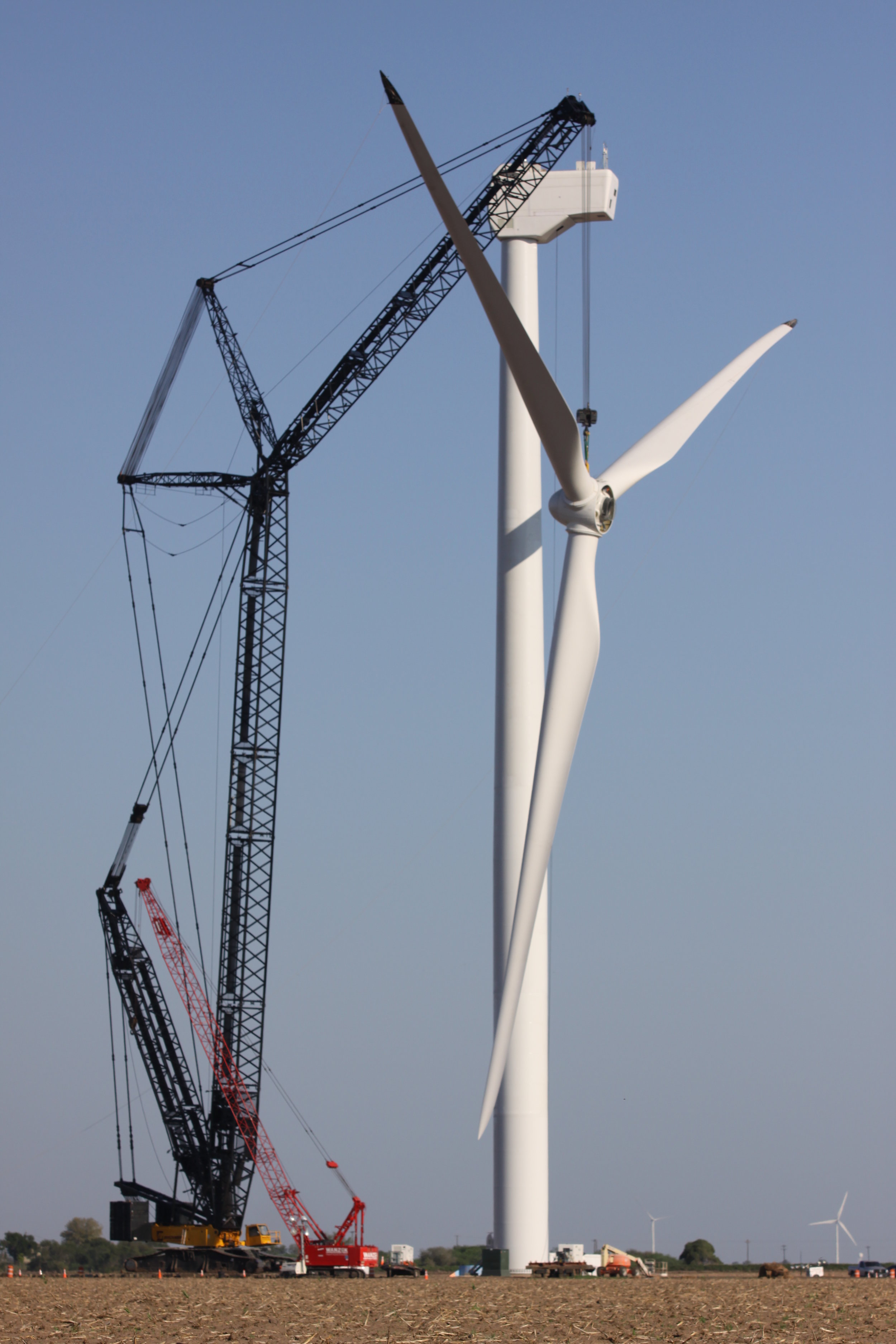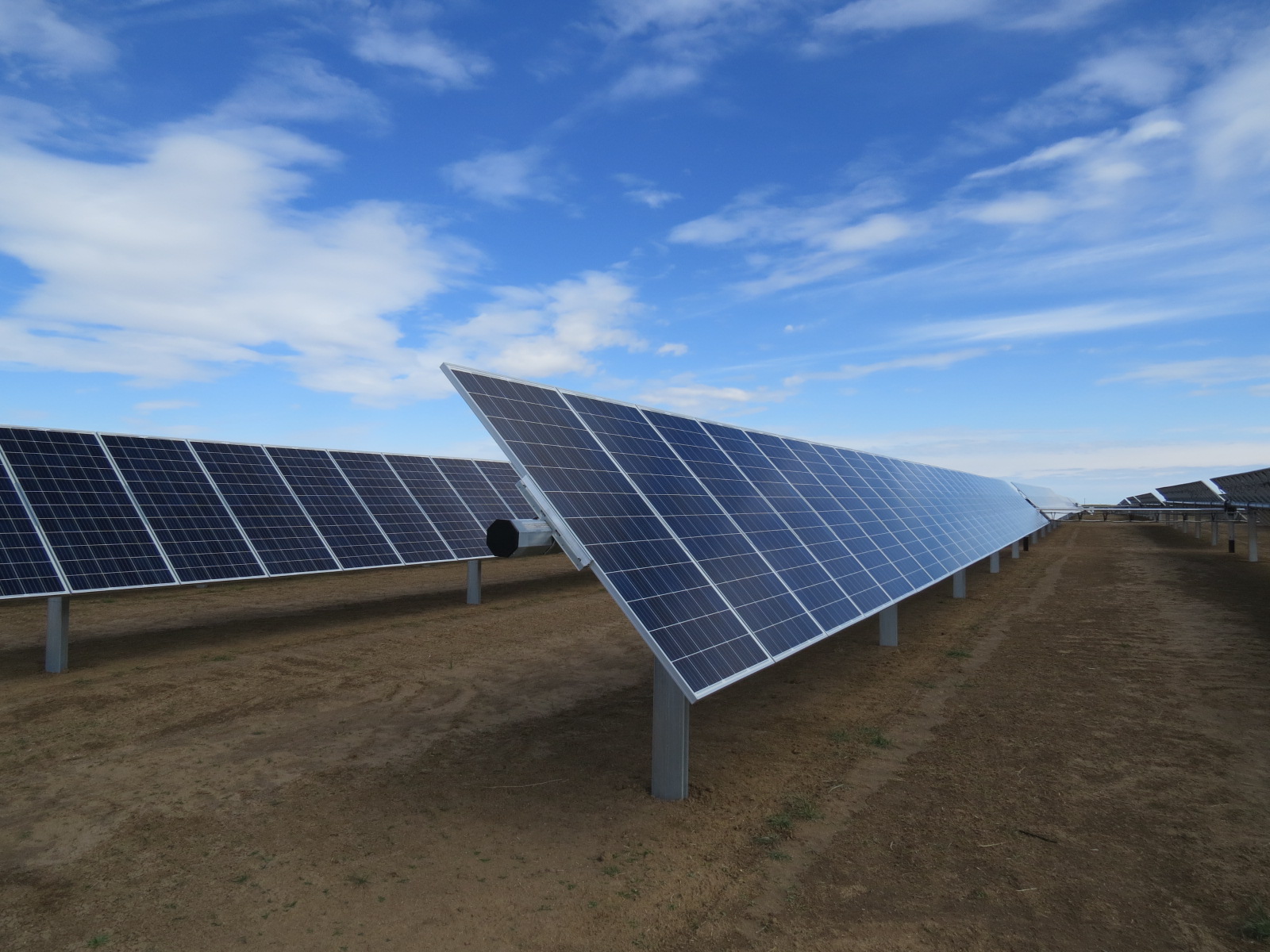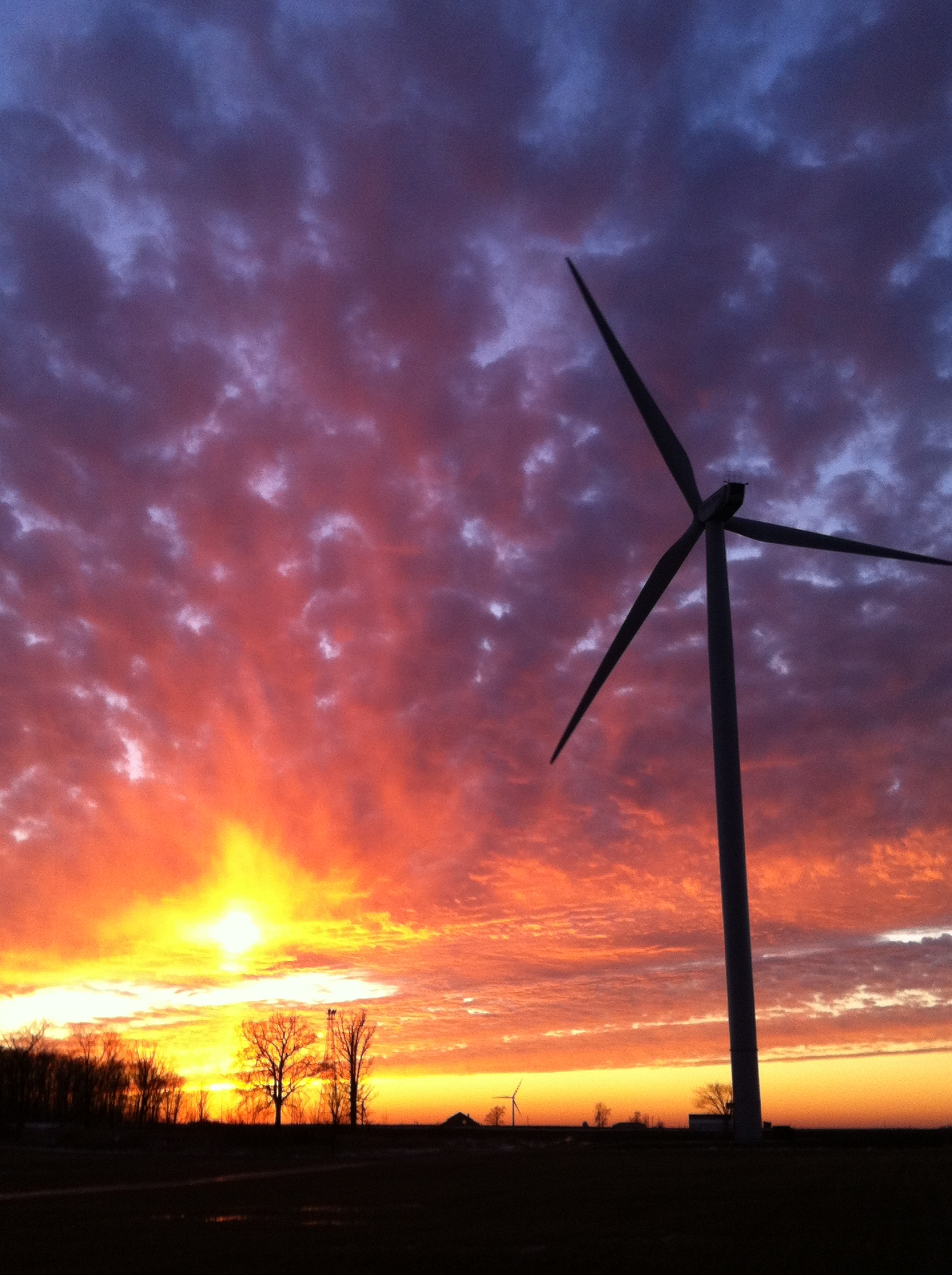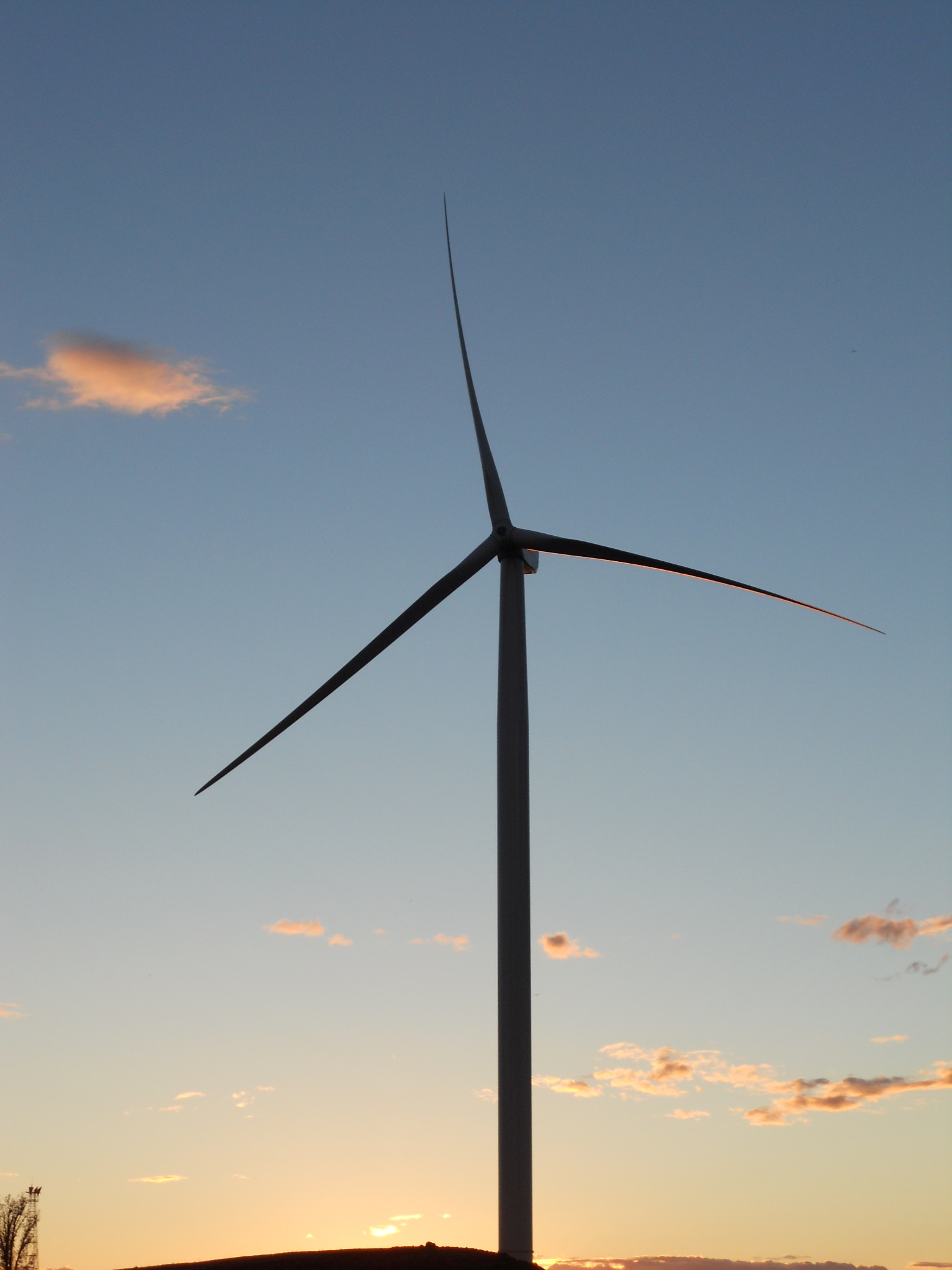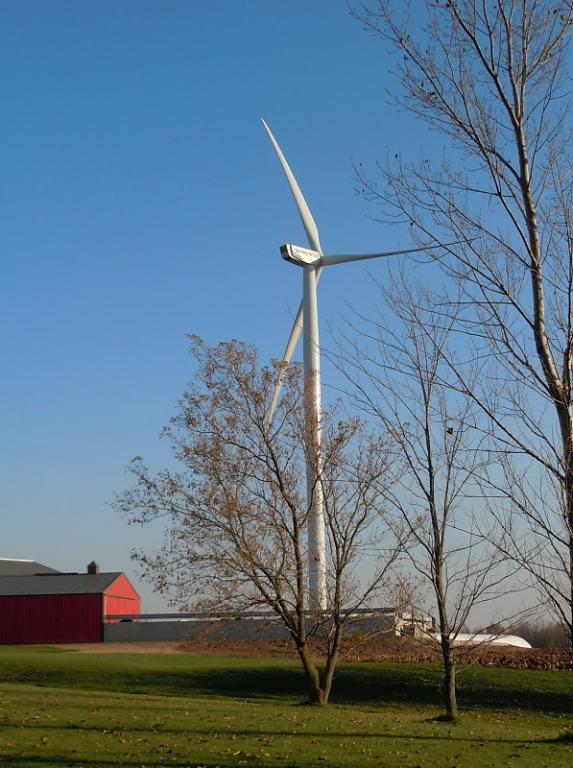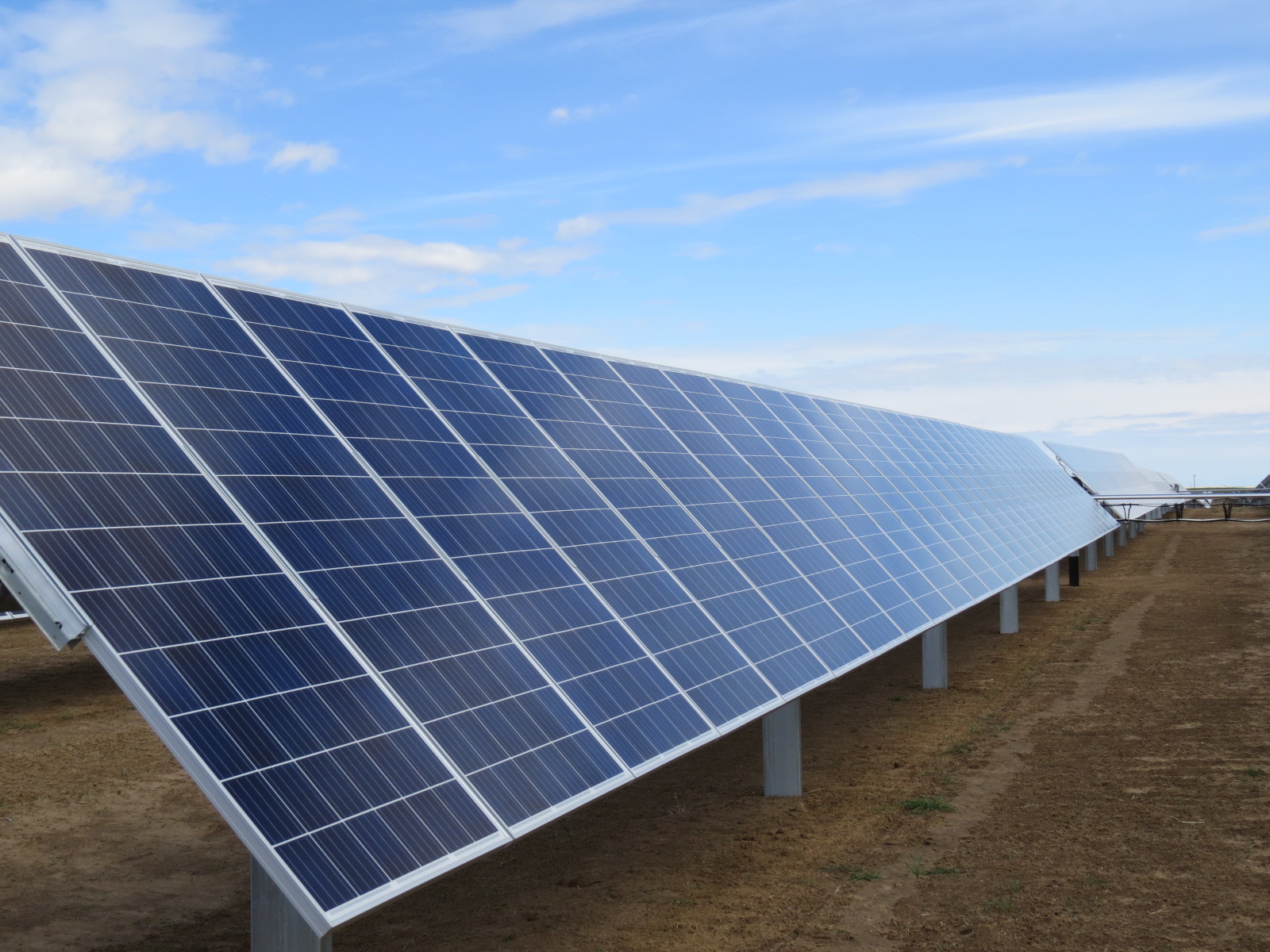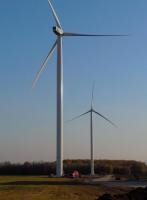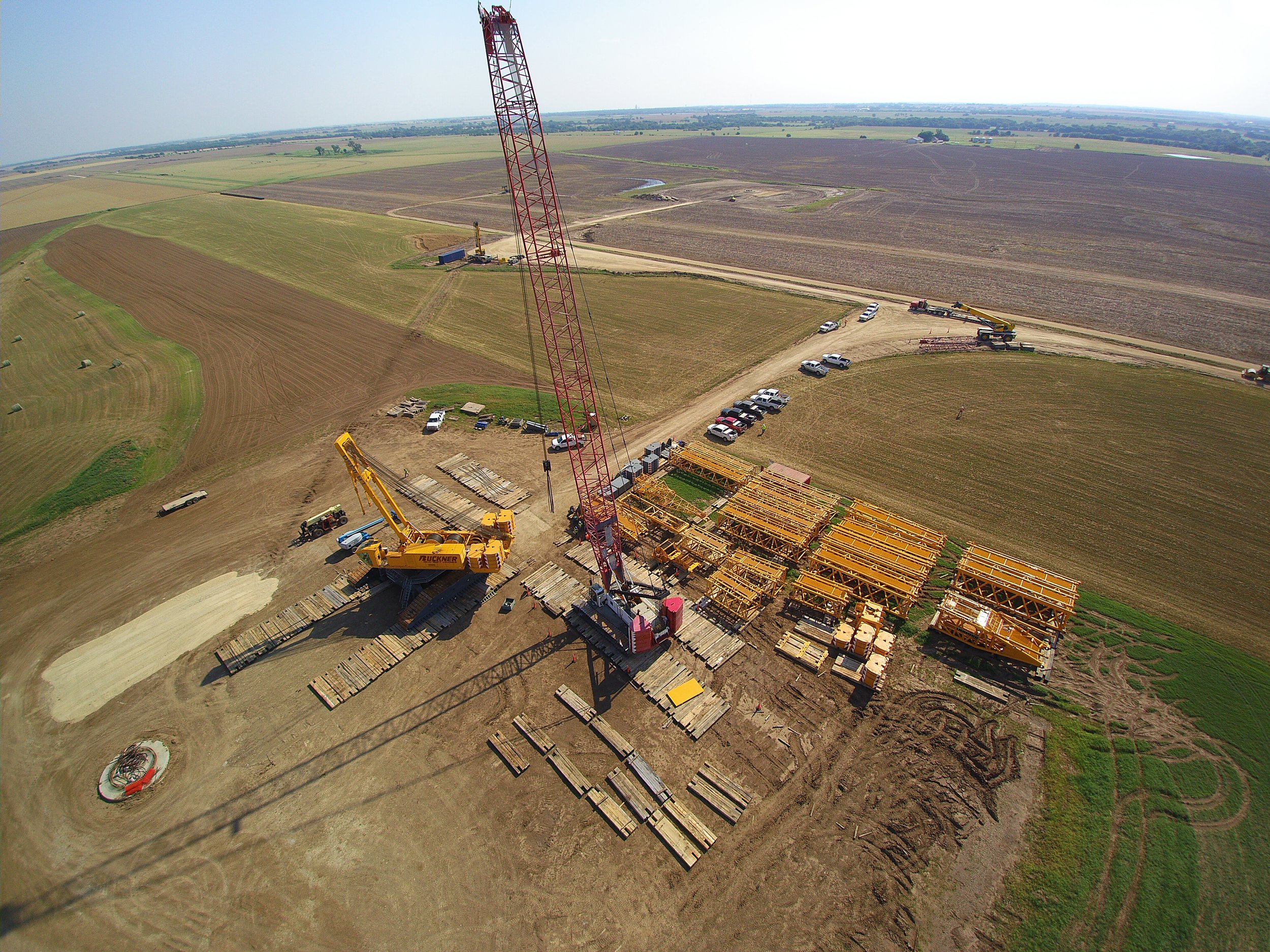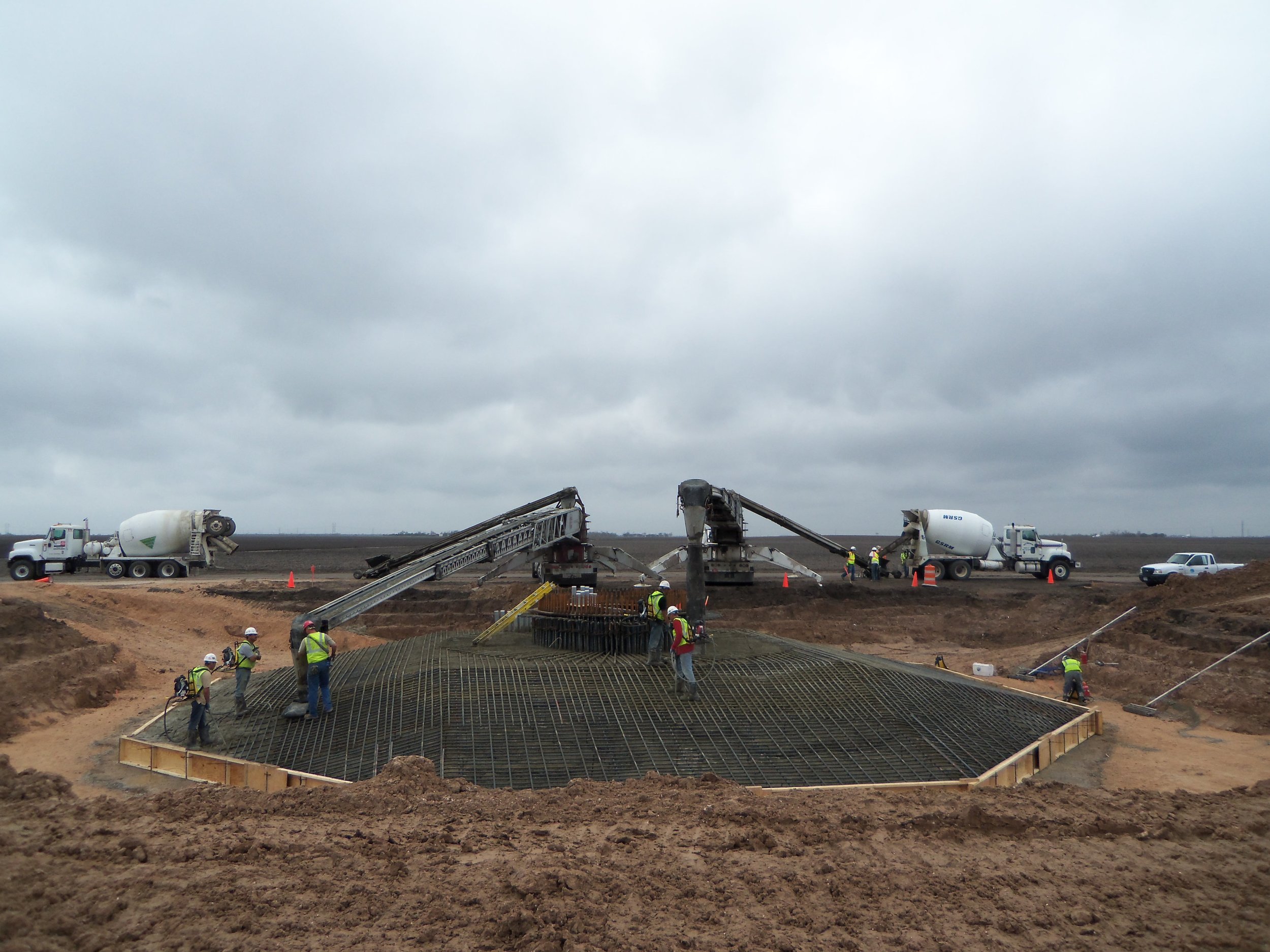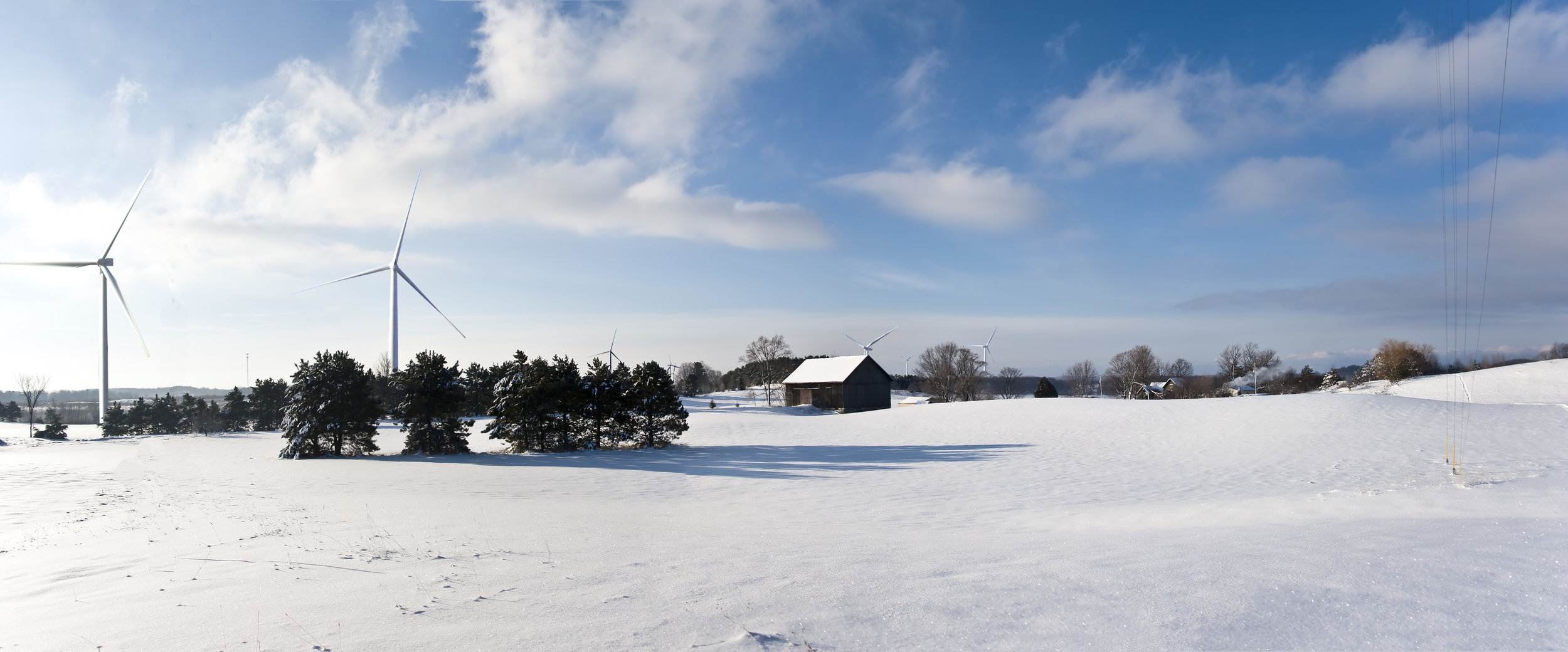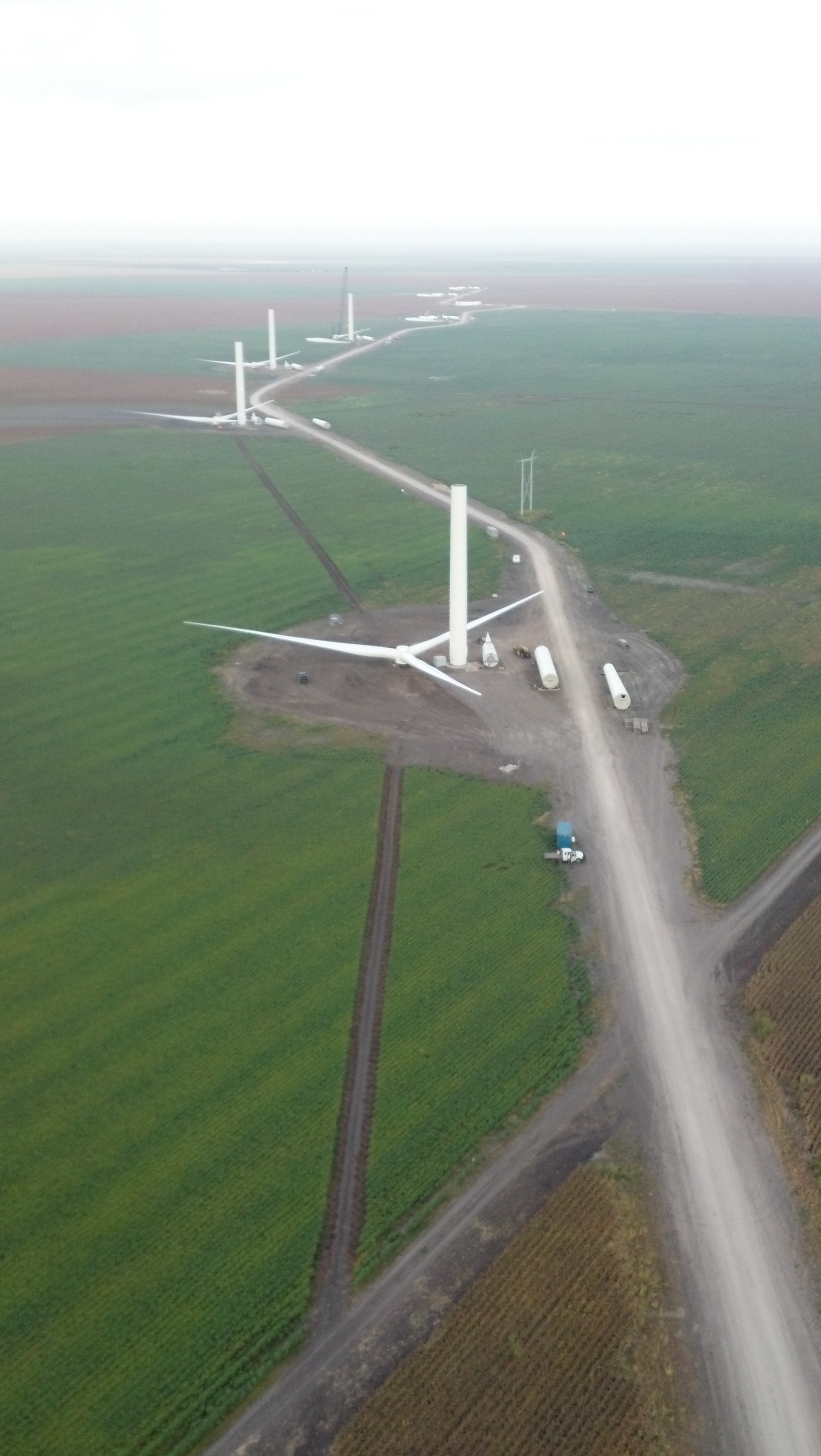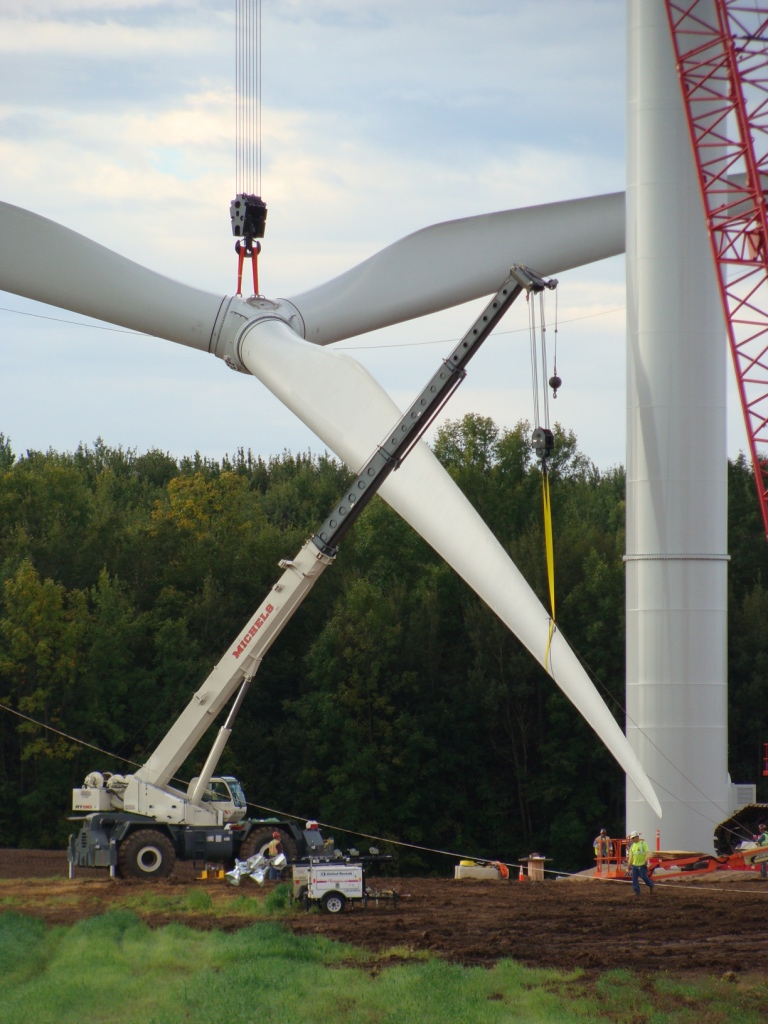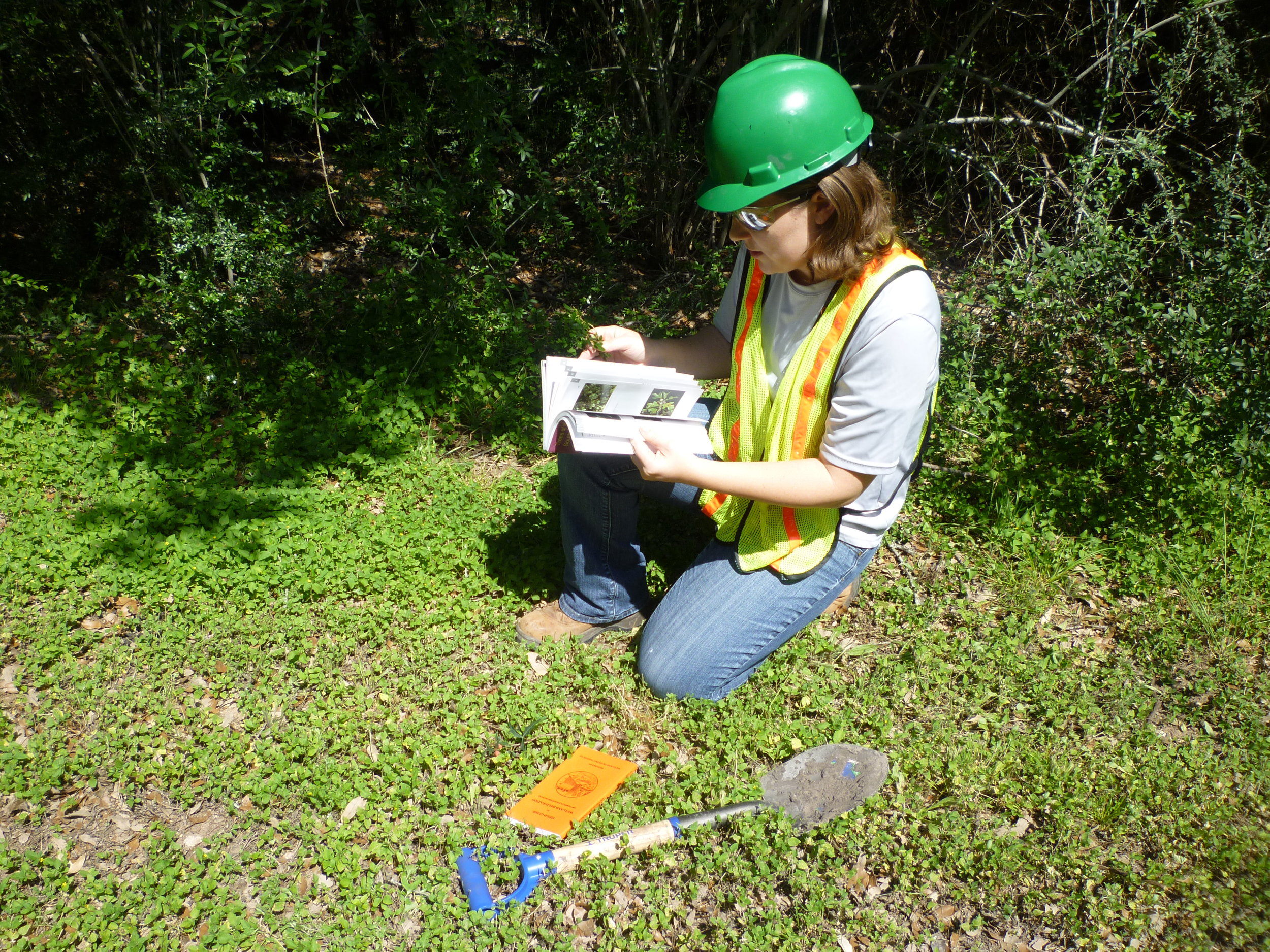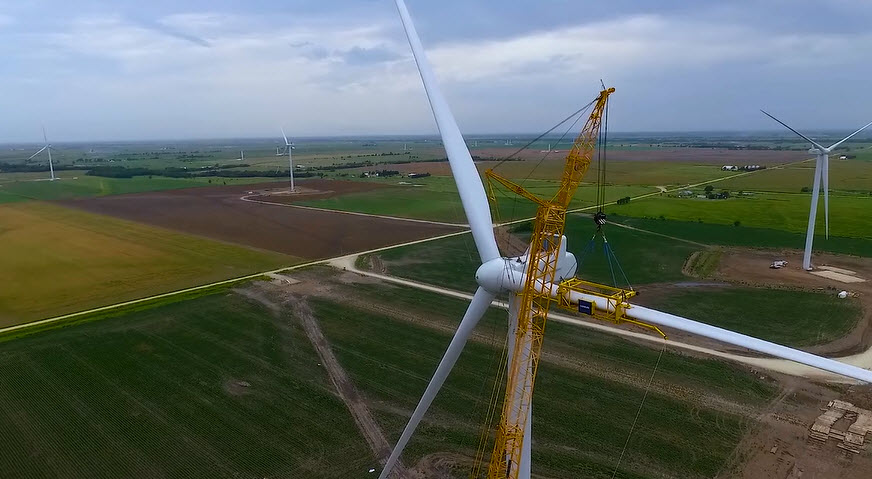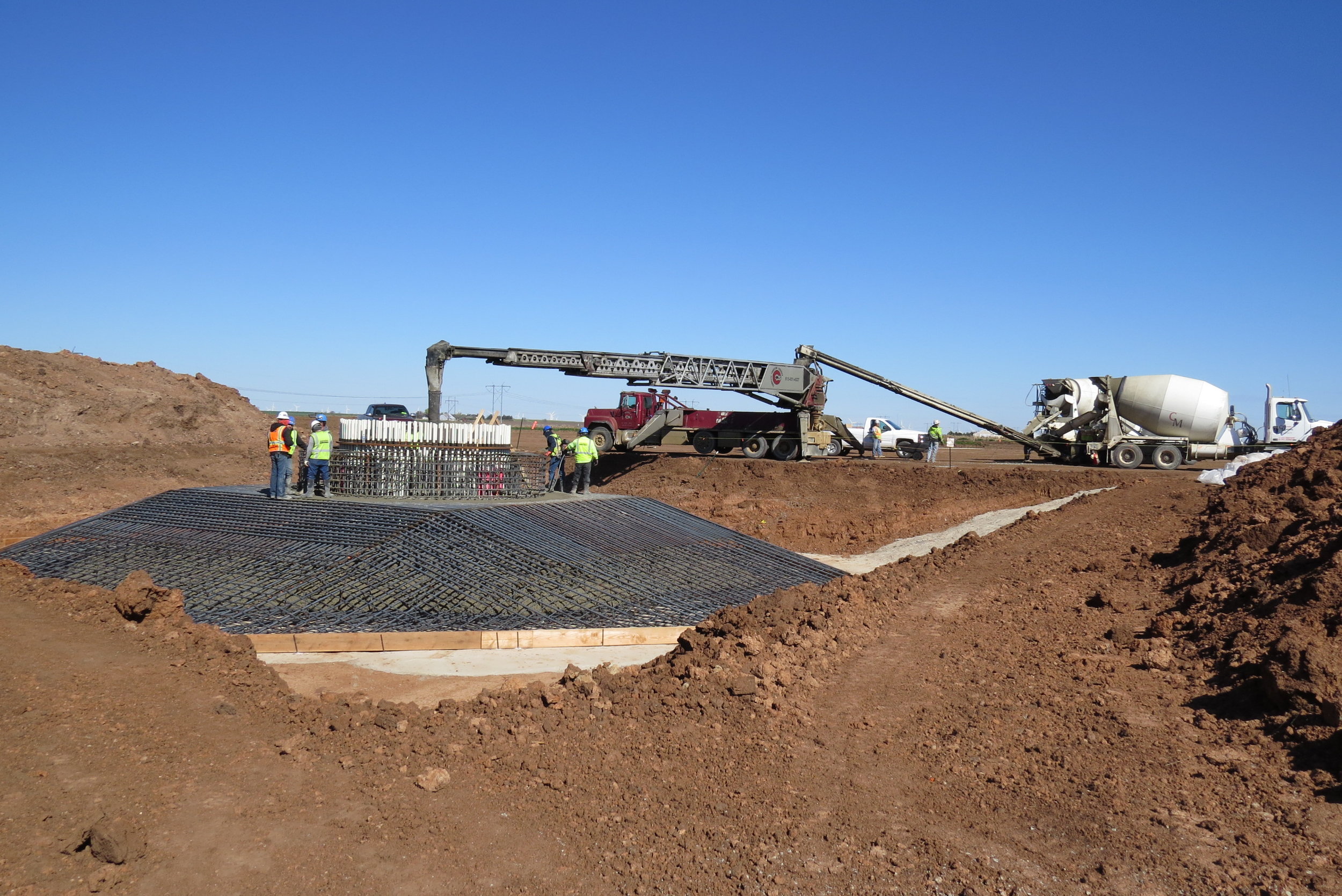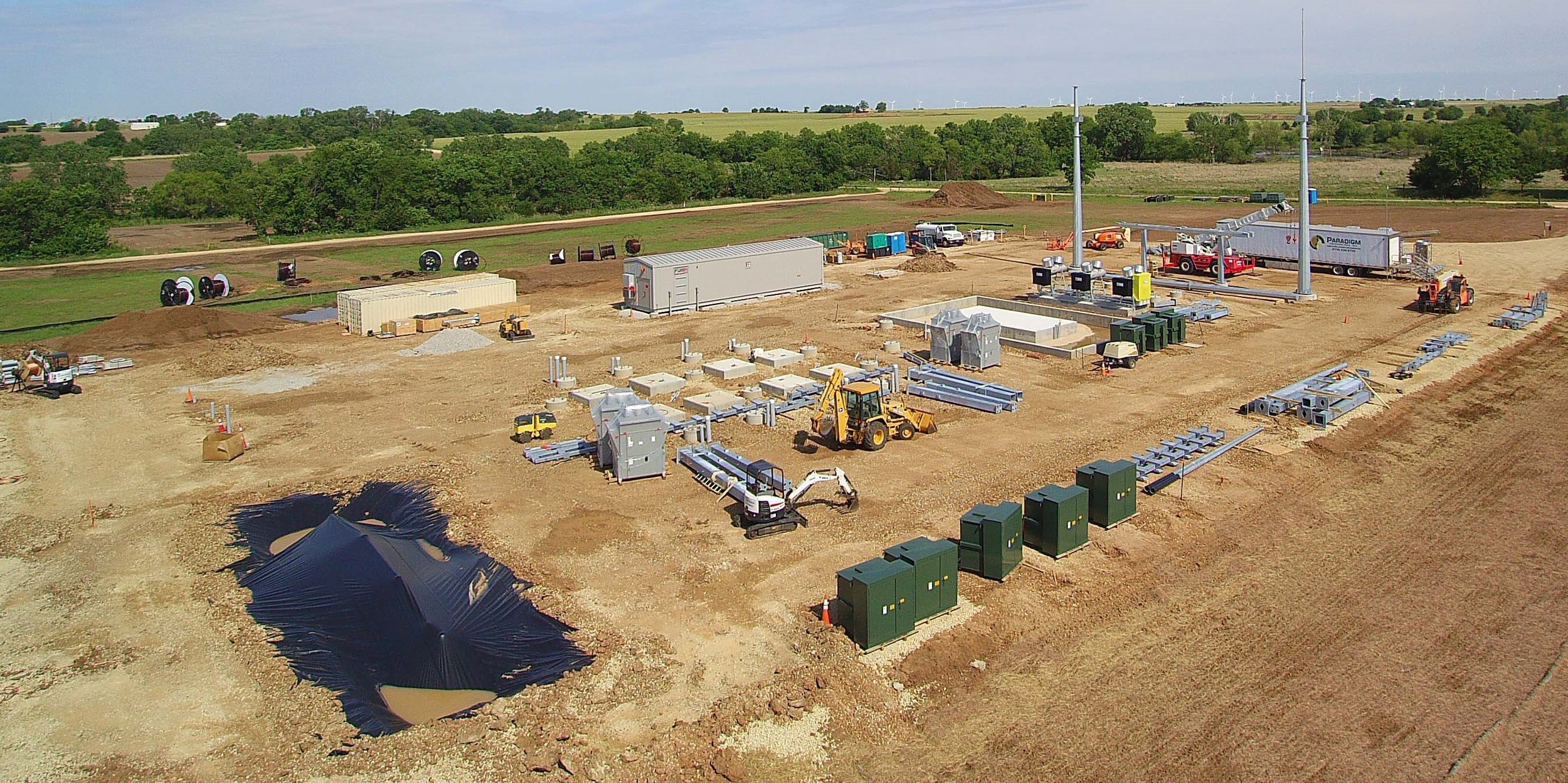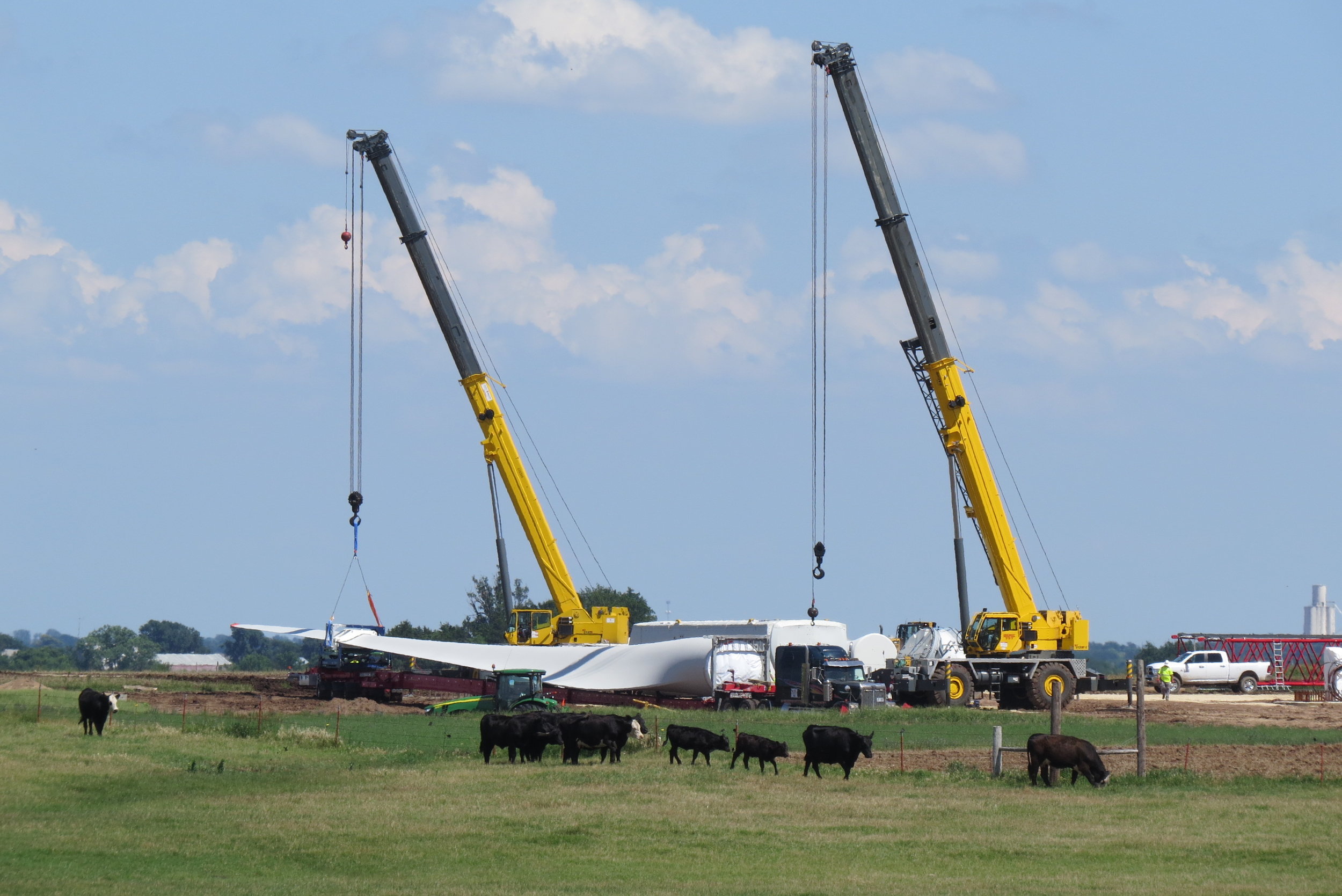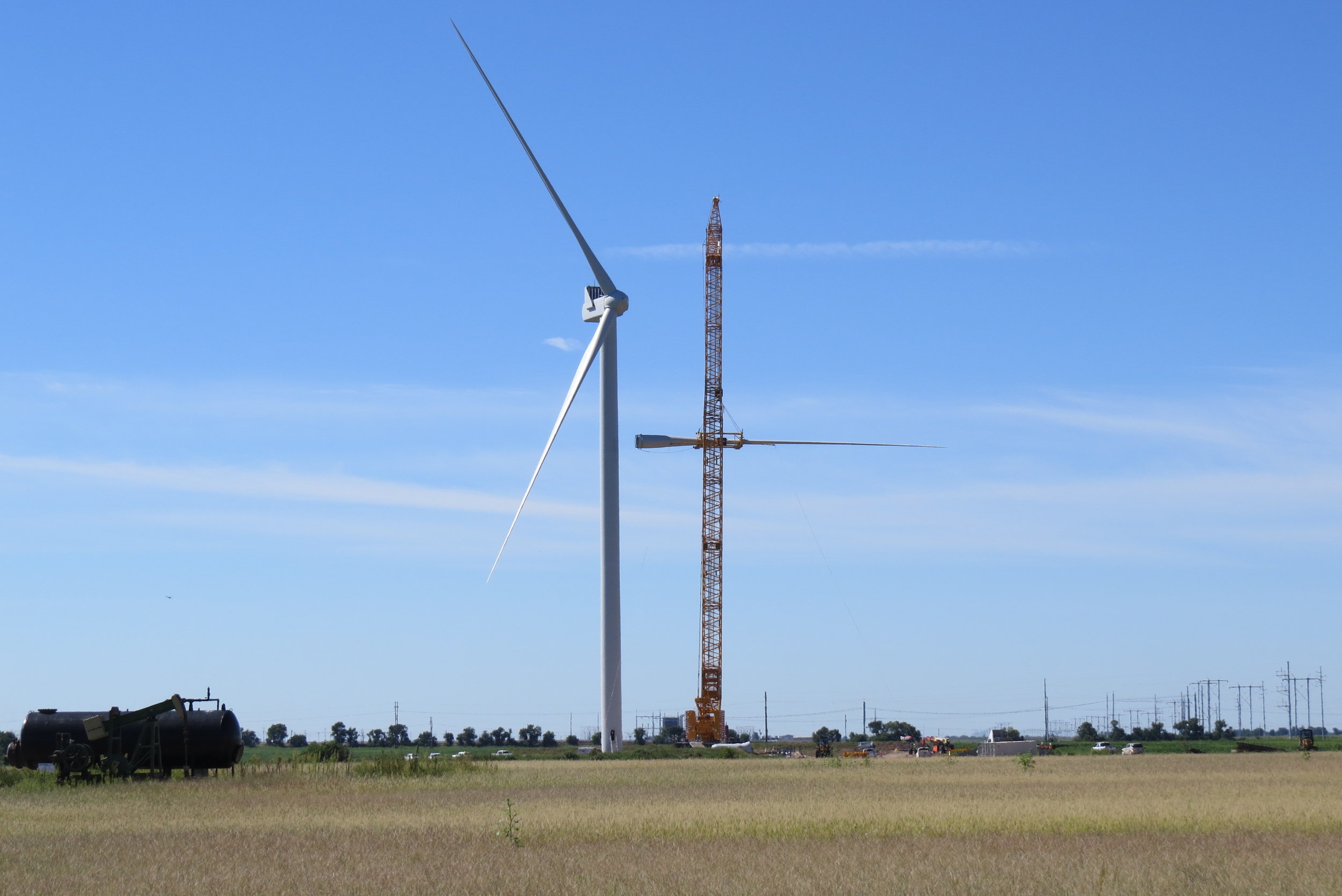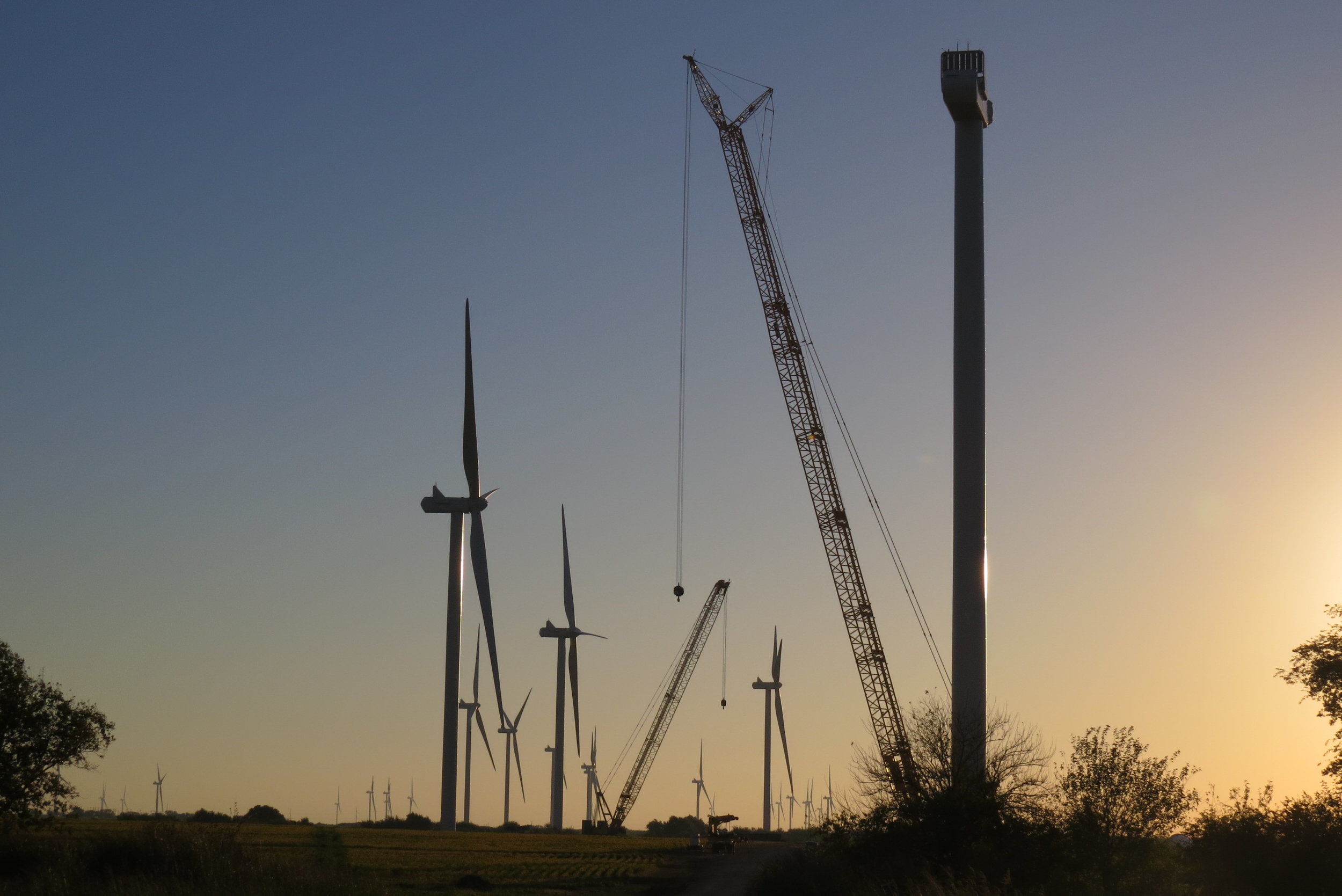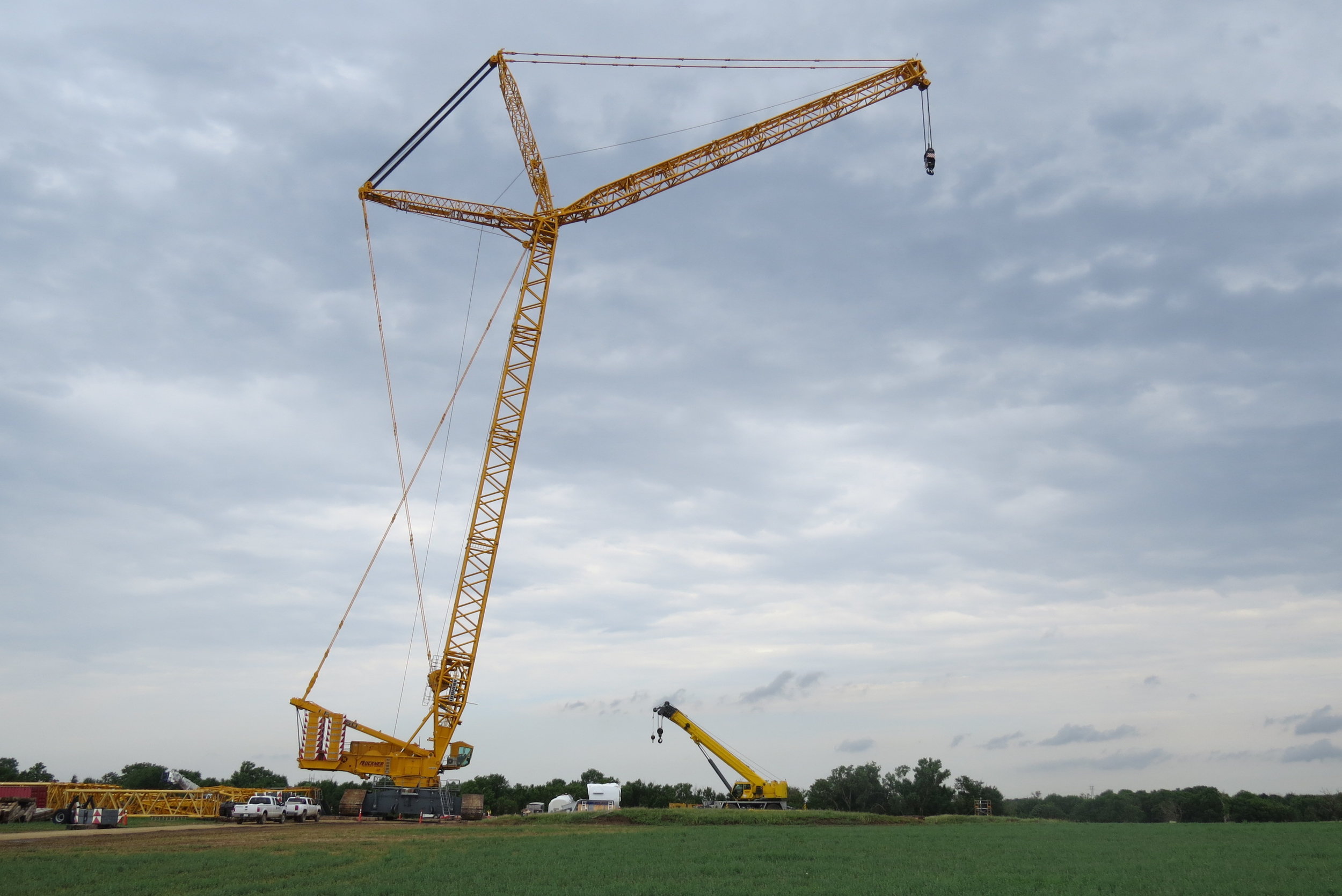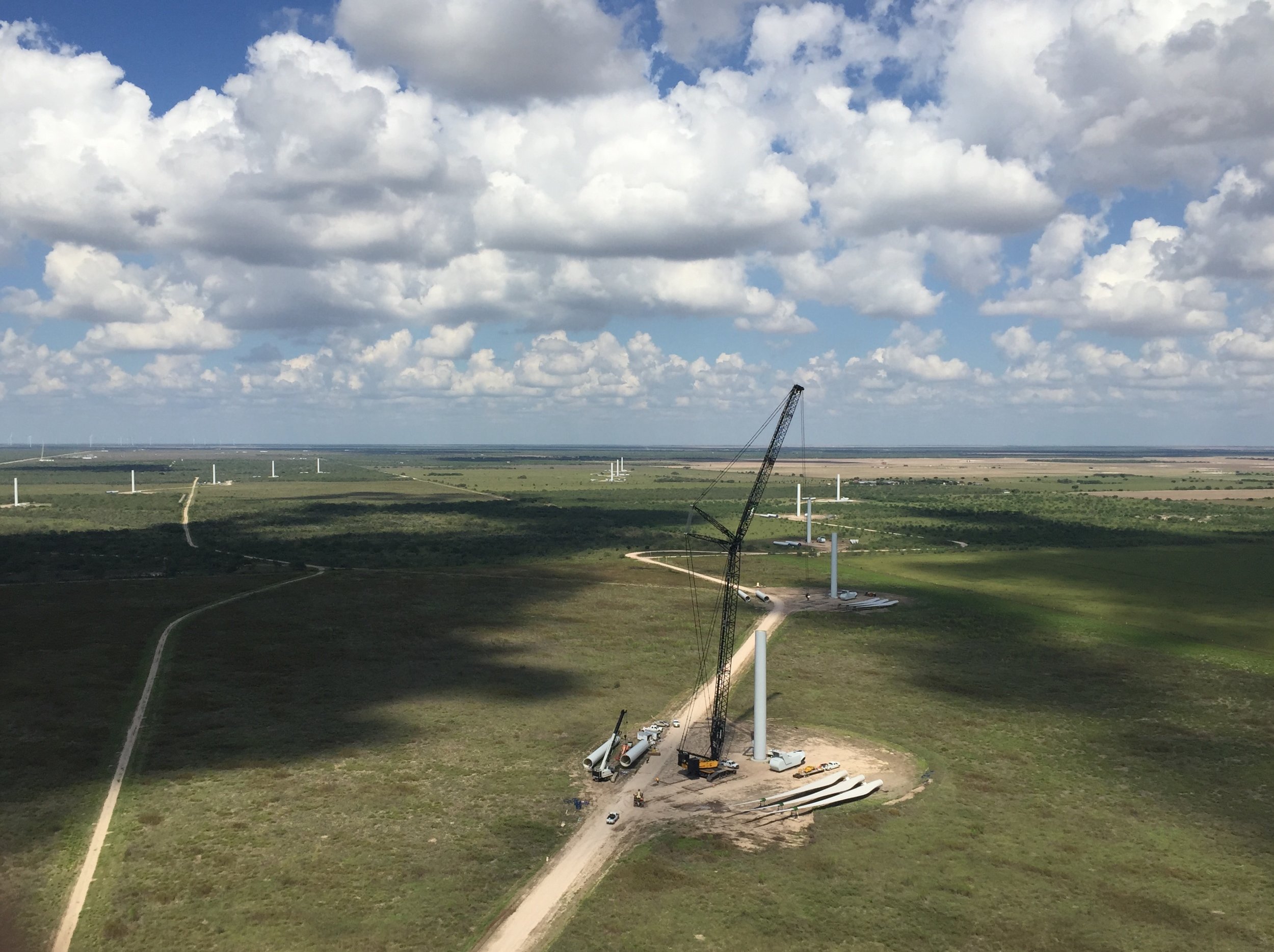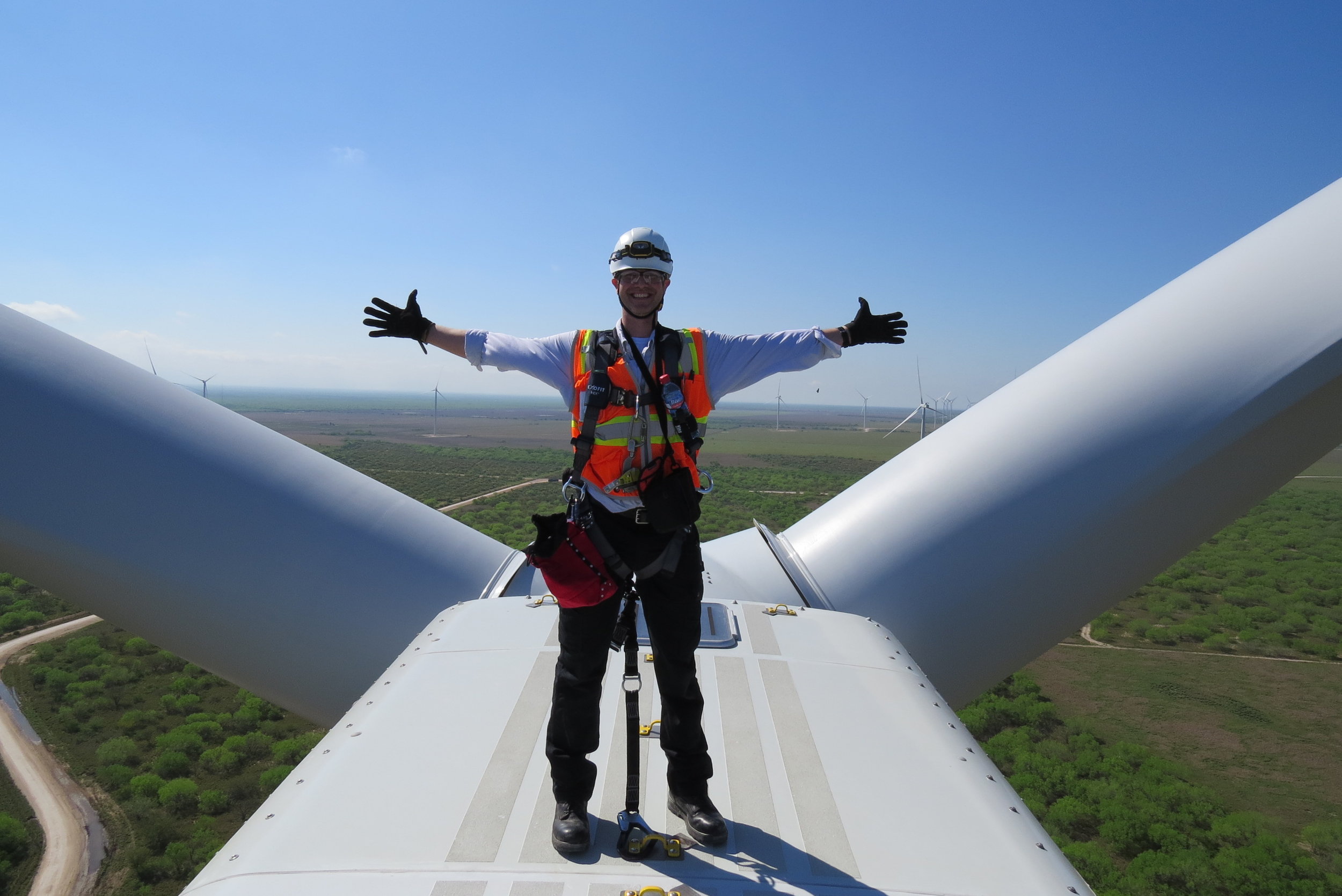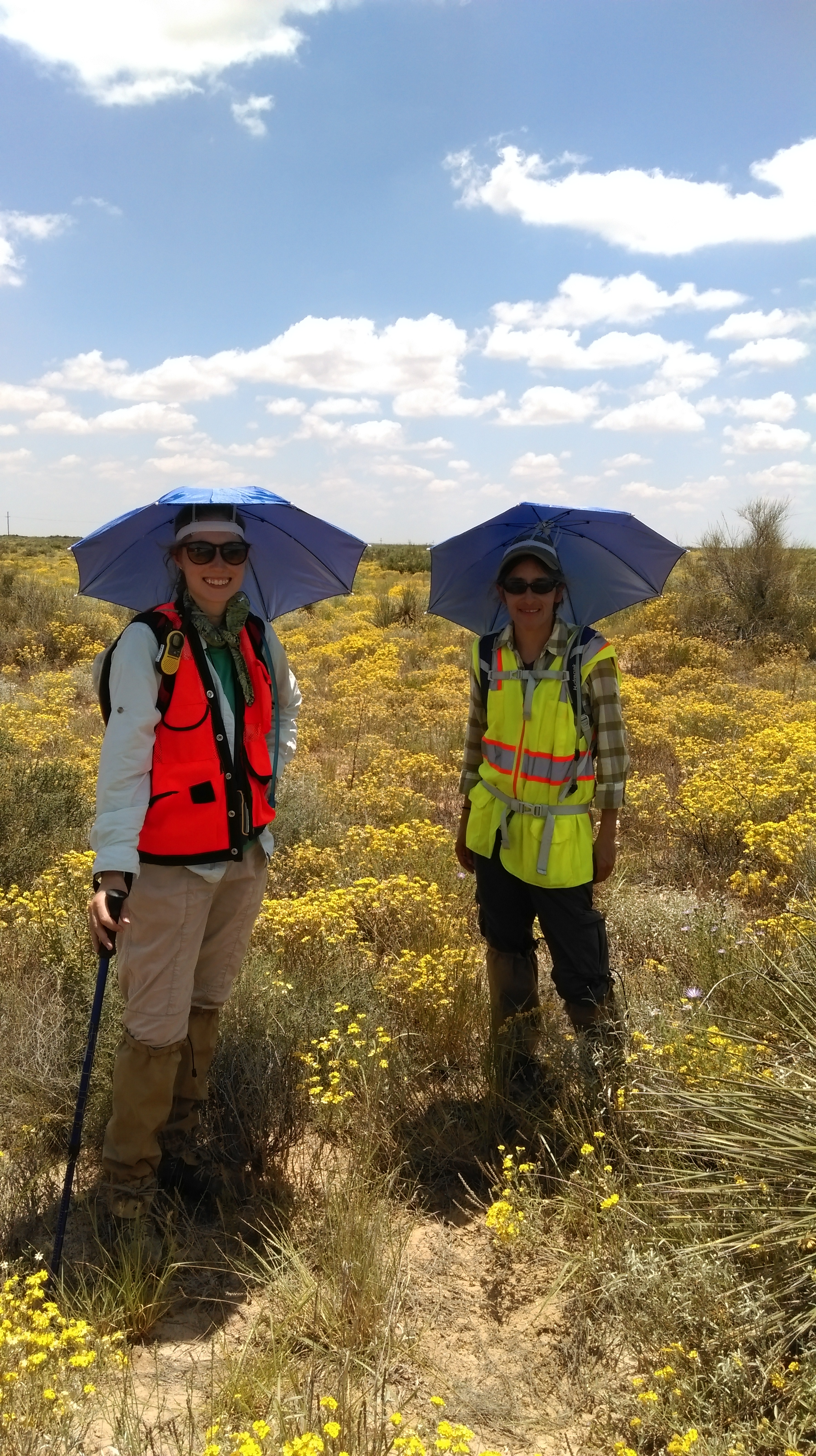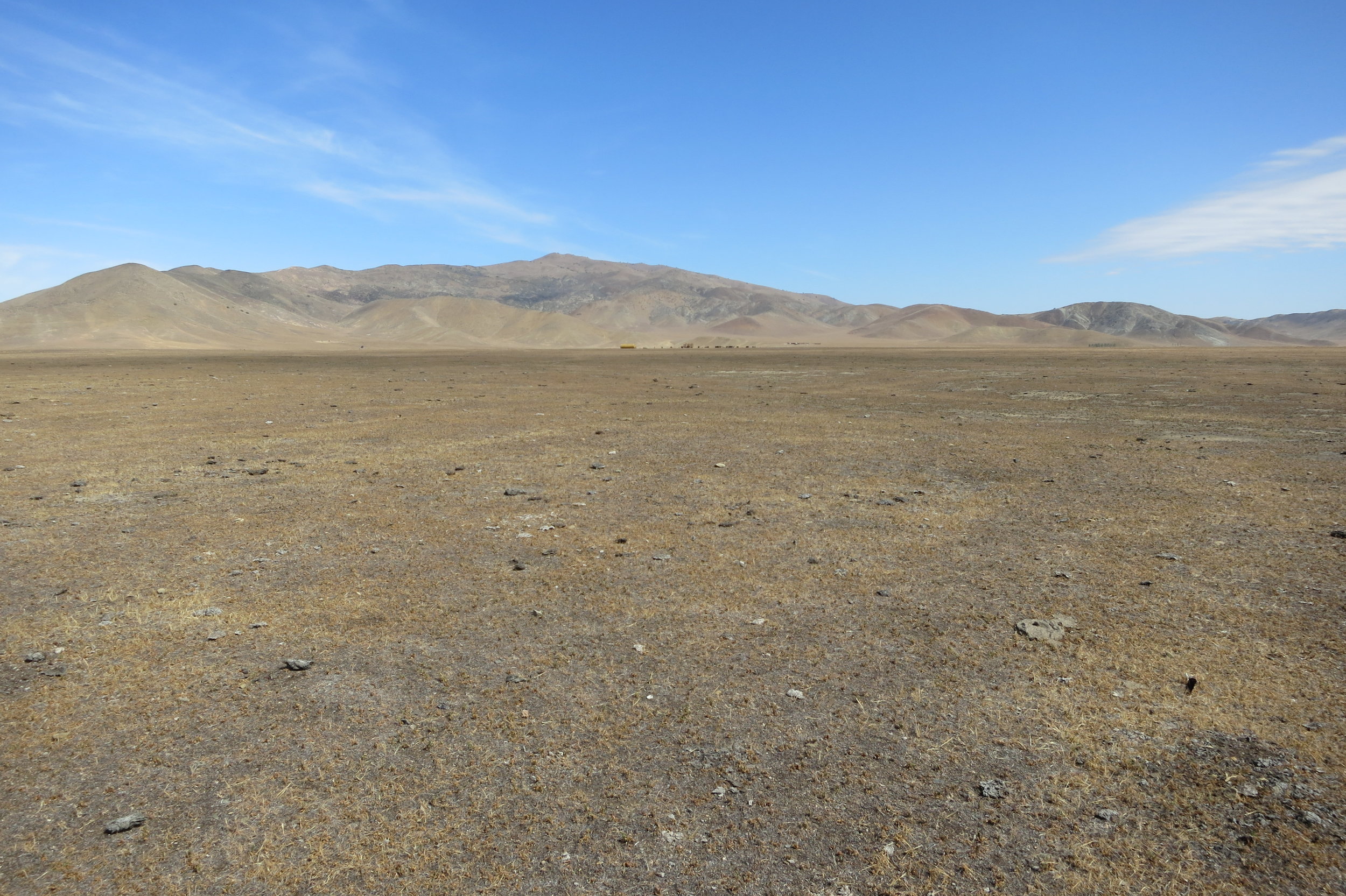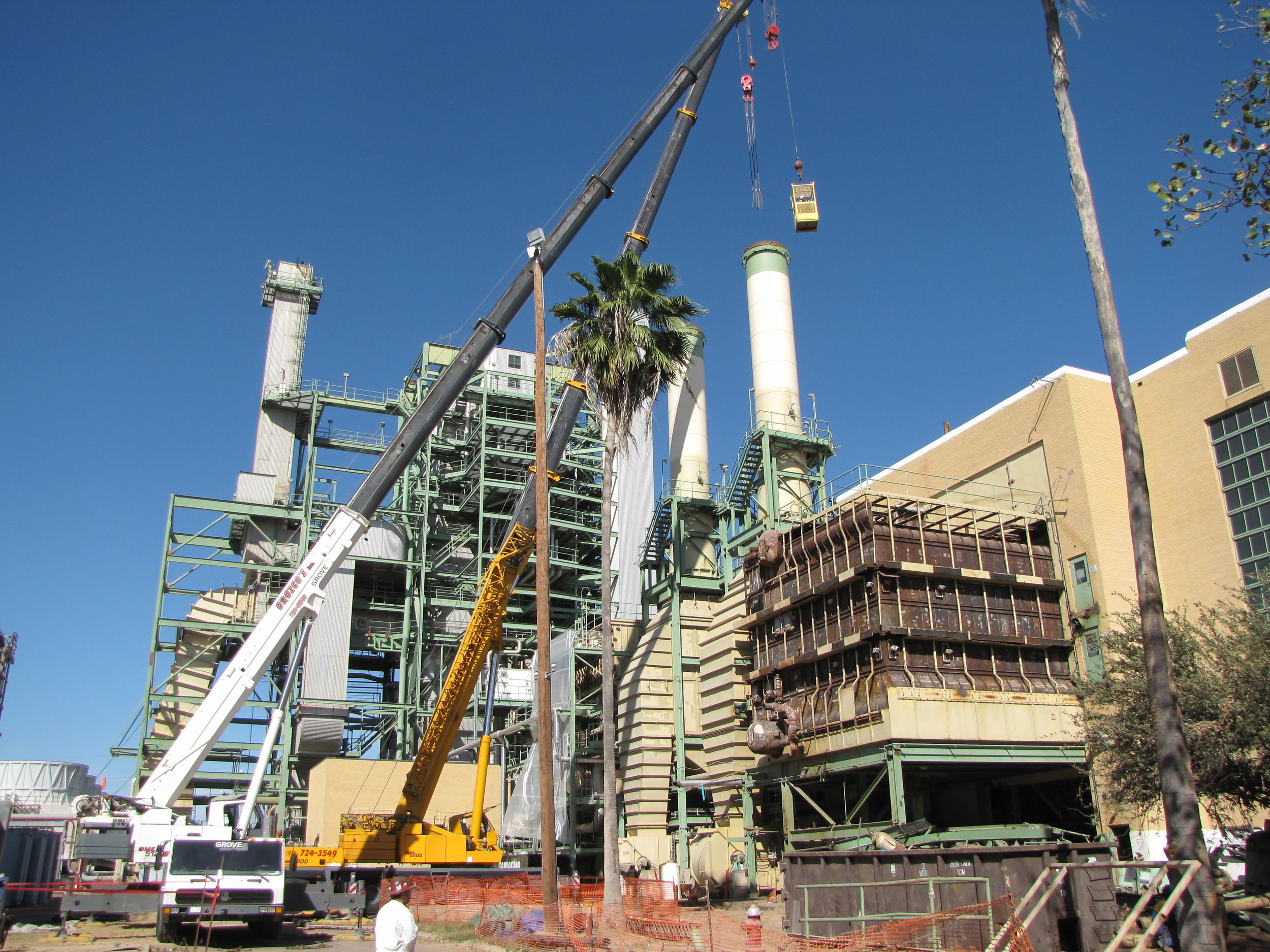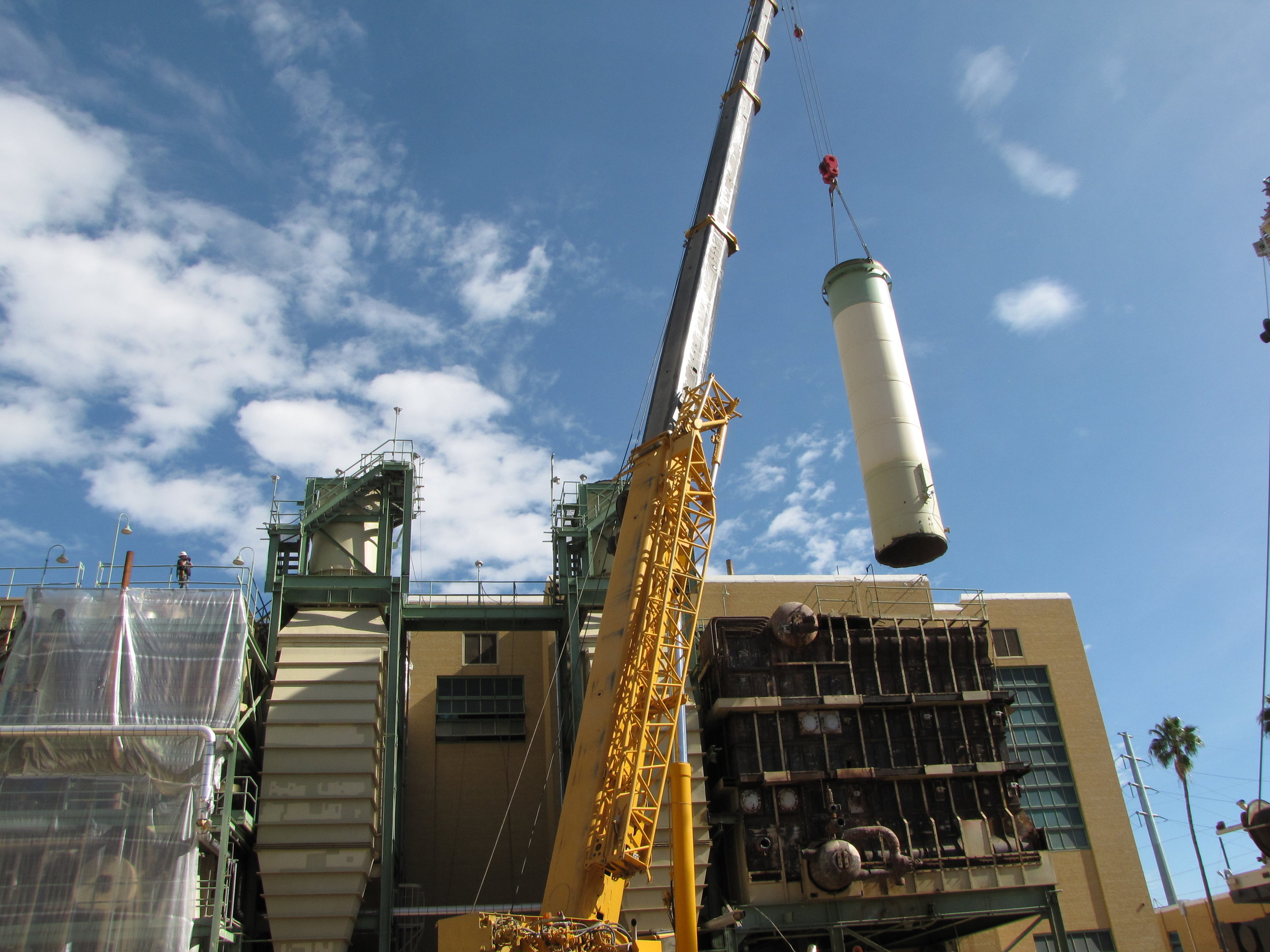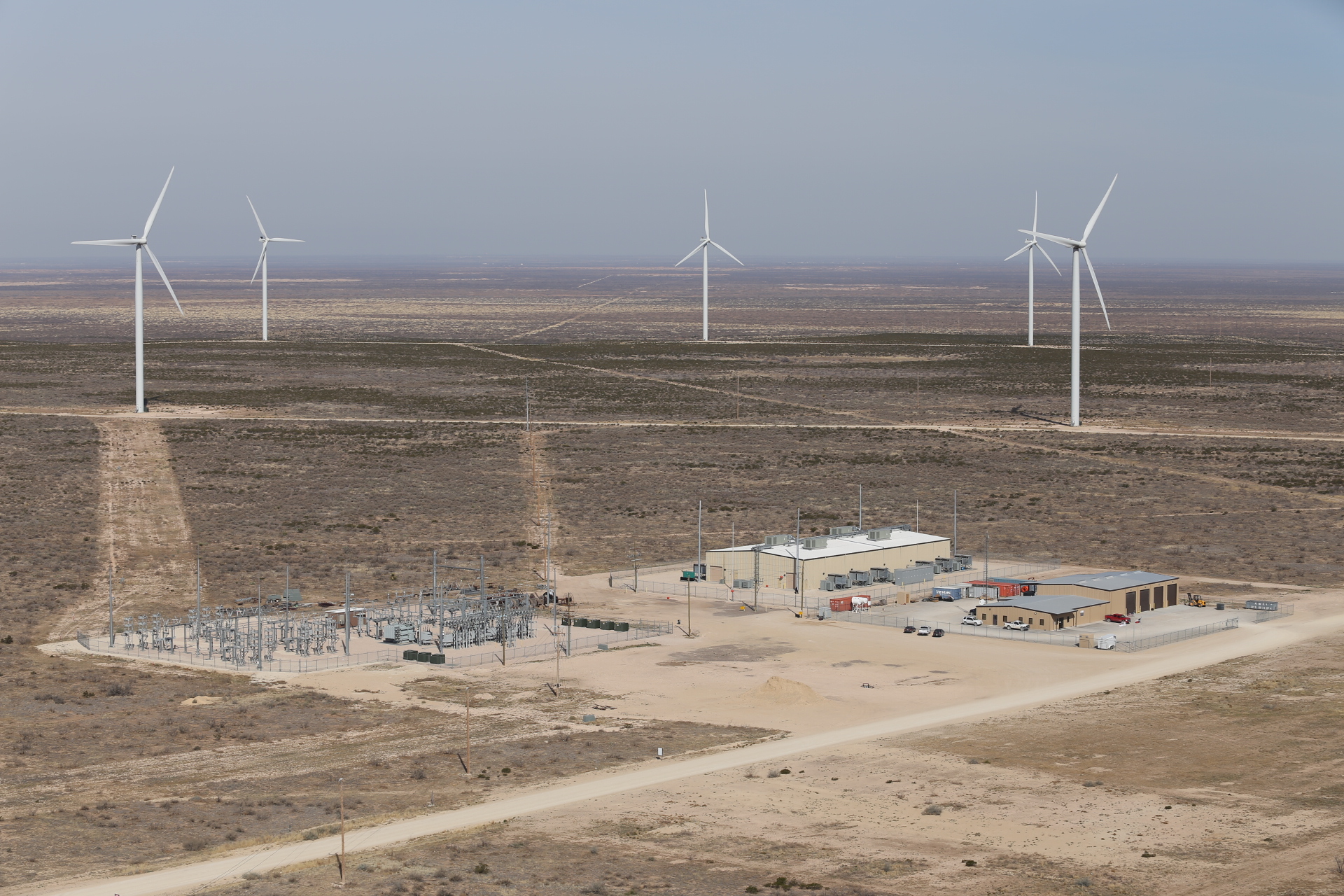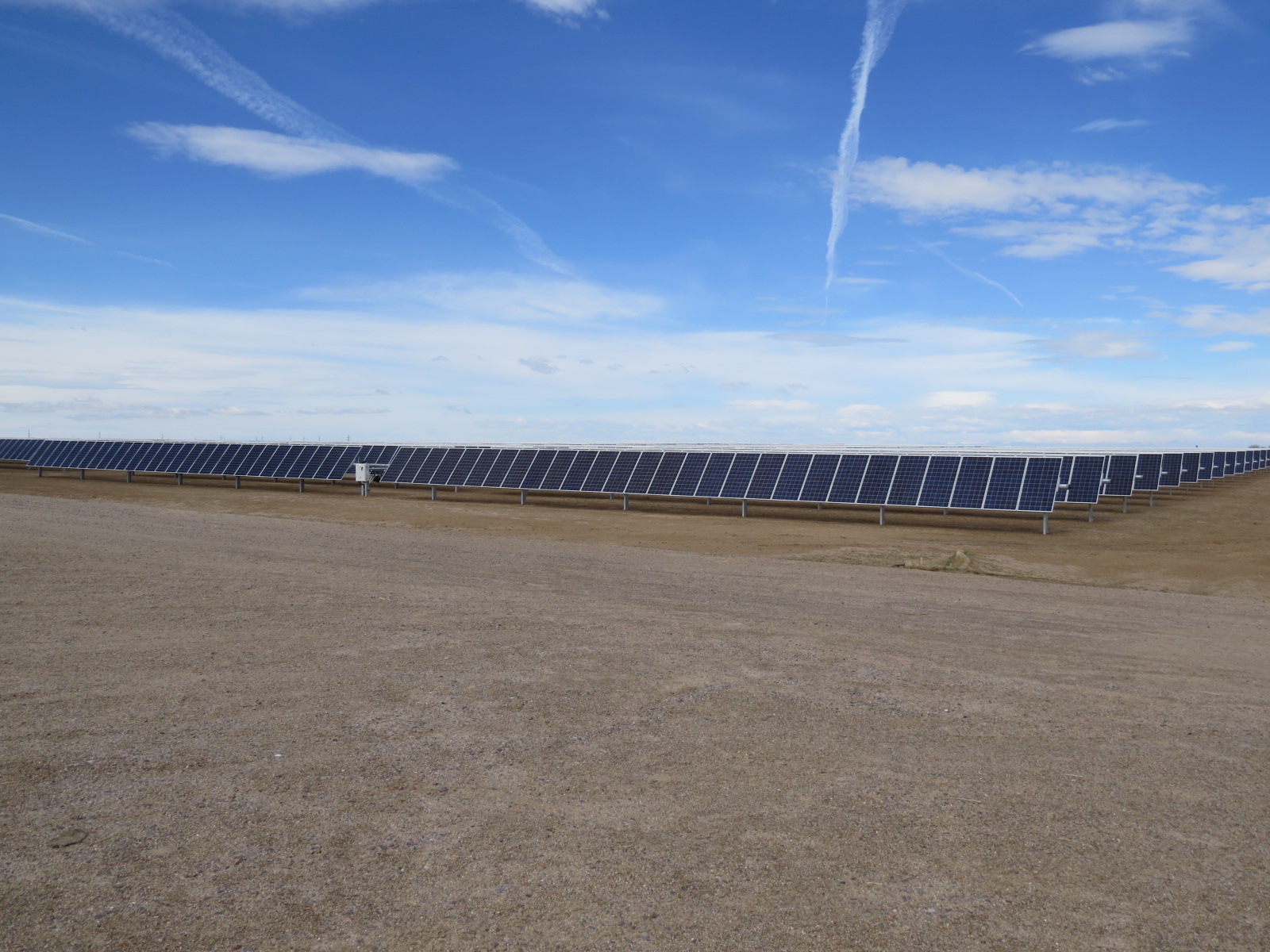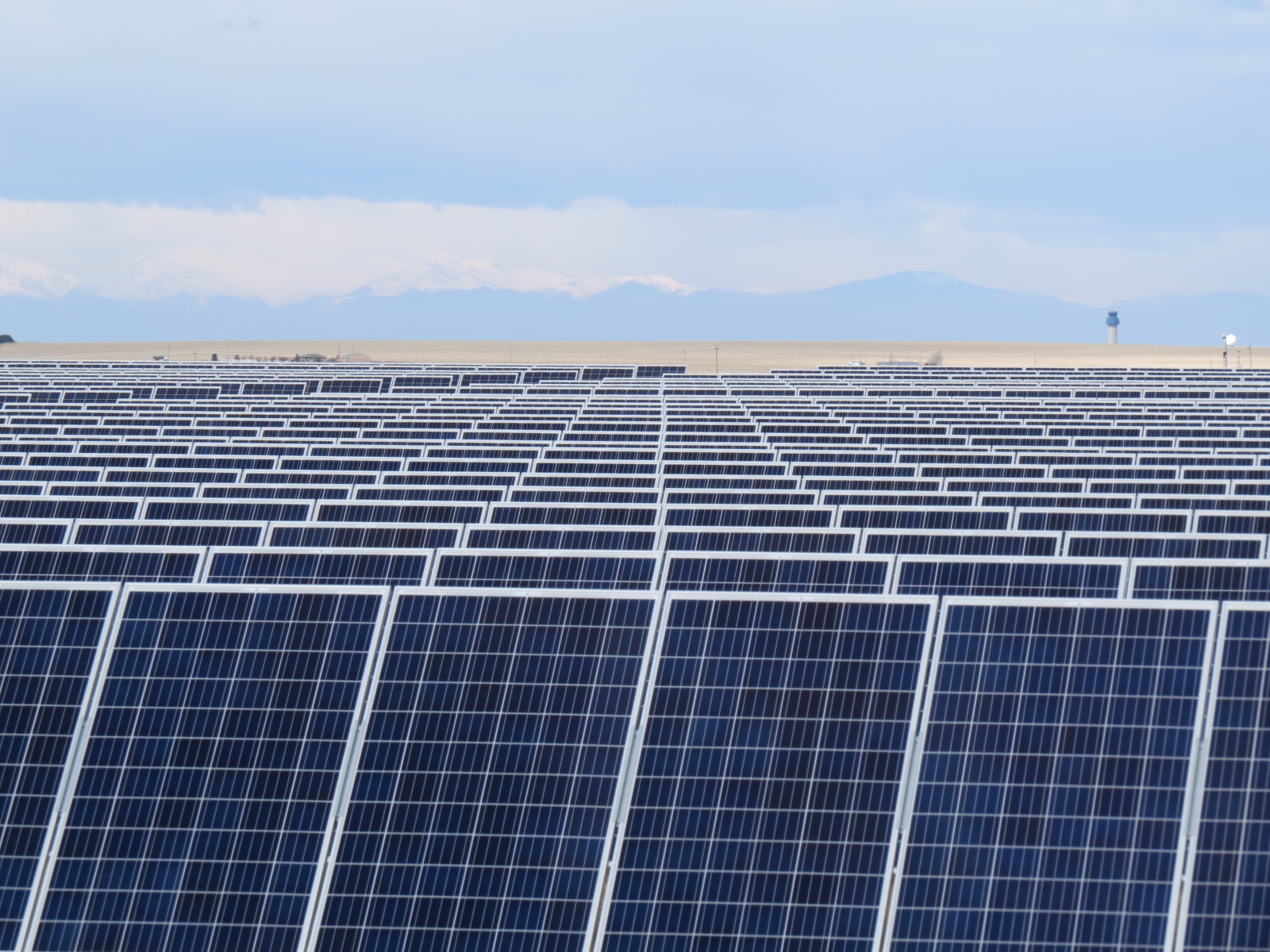Duke Energy and third-party solar developers are cooperating to accelerate deployment of photovoltaic capacity in the Carolinas.
Duke Energy and major solar developers in North Carolina and South Carolina have agreed to a defined process and timeline by which a “substantial additional” amount of solar generation will be interconnected to the Duke Energy distribution system.
Duke Energy North Carolina president Stephen De May said: “These agreements continue to advance renewable energy in the Carolinas.
“Collaborative engagement was key to taking this important step forward.”
Solar projects totalling several hundred megawatts will be targeted for completion in 2021 and 2022, in addition to those projects already in process, Duke said.
The parties also agreed to resolve several long-standing formal and informal interconnection disputes.
The parties have filed notice of the settlement with the NC Utilities Commission (NCUC) and the Public Service Commission of SC (SCPSC) requesting regulatory approval of certain limited waivers necessary to implement the agreement.
Pine Gate Renewables strategic initiatives senior vice president Steve Levitas said: “We're very pleased to have reached this agreement with Duke Energy.
"It took a lot of hard work, creativity and good faith by both sides. We look forward to continuing to work with Duke to meet the need for clean energy resources in the Carolinas."
Duke Energy has also reached a resolution with the North Carolina Clean Energy Business Alliance and the North Carolina Sustainable Energy Association to implement a “fundamental change” to the interconnection process.
The change – commonly referred to as "queue reform" – transitions the interconnection process from analysing each request one by one to a more efficient process of studying interconnection requests in clusters.
The cluster study method has been adopted by several states and system operators around the nation and provides a more predictable path to interconnection, studying only those projects that are committed to becoming operational within a certain period.
This new study process will eliminate the backlog that was created when "ready" projects were delayed while the utility studied sometimes speculative projects that were in a higher spot in the utility interconnection queue.
Implementation of queue reform will require approval by the NCUC, SCPSC and the Federal Energy Regulatory Commission. Also included in the filing was a proposal to provide more certainty regarding future interconnection costs for third parties.
Overall, Duke Energy has more than 3500MW of solar capacity connected to its energy grid in the Carolinas.





